Похожие презентации:
Special day. Unit 7.3
1.
Special [speʃəl] daysUnit 7.3
2. Exercise 1B Page 74
3. Read the text quickly and find the names of three special days
4.
Before you read5. Small red envelopes [enviloups]
6. A gift- подарок
7. The same - одинаковый
8. On the same day
9. Candy
10. New Year’s [jiəz] Day
11. International [intə’næʃənəl] Women’s [wimənz] Day
12. Mother’s Day
13.
In many countries [kʌntriz]there’s a tradition of giving
gifts on special [speʃəl] days
during the year. For example,
in China parents give their
children money on New Year’s
Day
14.
They put [put] the money insmall red envelopes
[enviloups] called [ko:ld] “LaiSee”. Red is the color of good
luck
15.
Russians give presents to theirwives, mothers and sisters on
International Women’s
[wimənz] Day. That’s on the
th
8 of March.
16.
They usually give candy,chocolates or beautiful yellow
flowers called [ko:ld]
mimosas. People often give
flowers [flauəz] to their
mothers on Mother’s Day
17.
That’s a special [speʃəl] dayin many countries [kʌntriz] ,
but it isn’t on the same day. In
most European [juərə’piən]
countries [kʌntriz] it’s on the
second Sunday of May
18.
But in Spain and Portugal[po:tʃugəl] it’s on the first
Sunday in May
19.
The Japanese have aninteresting tradition of giving
presents in the middle of the
year. The present is called
Ochugen
20.
thAnd people give it on the 15
of July [dʒu’lai] They usually
give gifts of food or sweets to
people that help them during
the year
21.
New Year’s Day22. International Women’s Day
23.
Mother’s Day24. Exercise 1C Page 74
25. Read the text again and answer the questions
26.
1. When is Mother’s Dayin Spain?
27.
But in Spain and Portugal it’son the first Sunday in May
28. On the first Sunday in May
29.
2. What do Japanese peopleth
give on the 15 of July?
30.
thAnd people give it on the 15
of July. They usually give gifts
of food or sweets to people
that help them during the year
31. They usually give gifts of food or sweets
32.
3. What color are mimosaflowers?
33.
They usually give candy,chocolates or beautiful yellow
flowers called mimosas.
People often give flowers to
their mothers on Mother’s Day
34. They’re yellow
35.
4. Why do Chinese peopleput presents in red
envelopes?
36.
They put the money in smallred envelopes called “LaiSee”. Red is the color of good
luck
37. Red is the color of good luck
38. Exercise 2 Page 74
39. Listen to Heather [heðə] talk about two special [speʃəl] days in Canada
40. Page 154 Track 2.03
41.
Before you read the firstpart of the script
42. July the first The first of July
43. Canada Day
44. Unite [ju’nait] - объединять
45. A single [siŋgl] country [kʌntri]- единая страна
46. Eighteen sixty-seven
47. General celebration
48.
Read the first part of thescript
49.
In Canada we celebrateCanada Day on July the first.
This is basically Canada’s
birthday and the day that
united [ju’naitid] Canada as a
single country
50.
The first Canada Day was inJuly 1867. On July the first we
celebrate, everyone has the day
off work and we have festivals,
parties
51.
There’s usually a parade[pə’reid] – just general
celebration for everyone
52.
Before you read the secondpart of the script
53.
October the thirty-firstThe thirty first of October
54.
Halloween [hælou’wi:n]55. Age [eidʒ] - возраст
56.
Neighborhood [neibəhud]район проживания57. Trick or treat? - Розыгрыш или угощение?
58.
Charity [tʃæriti] box –коробка для пожертвований
59.
Donation [də’neiʃən]пожертвование60.
Read the second part of thescript
61.
We celebrate Halloween onOctober the thirty-first and this
is a day when people of all
ages [eidʒiz] celebrate, dress
up in costumes
62.
Children go around in theirneighborhood [neibəhud] from
door to door collecting candy
and yelling “trick or treat”!
63.
If you’re at home you havecandy and treats by the door (у
двери) to give to everyone that
comes by
64.
They also usually carry acharity box and collect
donations [də’neiʃənz] from
people as well as candy
65. Track 2.03
66. Tick the activities Heather talks about for each special day
67. Canada Day
68.
People dress up in costumesThere’s a parade
People give children candy
Everyone has the day off work
Children play “trick or treat”
69. There’s a parade
70. Everyone has the day off work
71.
Halloween72.
People dress up in costumesThere’s a parade
People give children candy
Everyone has the day off work
Children play “trick or treat”
73.
People dress up in costumes74.
People give children candy75.
Children play “trick ortreat”
76. Exercise 3 Page 74
77. Fill in the table with ordinal numbers
78.
The first [fɜːst]79.
The second [sekənd]80.
The third [θɜːd]81.
The fourth [fo:θ]82.
The fifth [fifθ]83.
The sixth [sixθ]84.
The seventh [sevenθ]85.
Ninth [nainθ]The eighth [eitθ]
86.
The ninth [nainθ]87.
The tenth [tenθ]88.
The eleventh [i‘levənθ]89.
The twelfth [twelfθ]90.
The thirteenth [θɜː’ti:nθ]91.
The fourteenth [fo:’ti:nθ]92.
The fifteenth [fif’ti:nθ]93.
The twentieth [twentiθ]94.
The twenty-second[twenti sekənd]
95.
The thirtieth[θɜːtiθ]
96.
The thirty- first [θɜːti fɜːst]97. Listen and check your answers
98.
Track 2.0499. Exercise 4 Page 75
100. Choose the correct words in italics
101. 1. My birthday is on the first/ one of October
102. 1. My birthday is on the first of October
103. 2. Our new house has got three/ third bedrooms
104. 2. Our new house has got three bedrooms
105. 3. In Greece Mother’s Day is on the second/ two of February
106. 3. In Greece Mother’s Day is on the second of February
107. 4. This is my three/ third holiday this year
108. 4. This is my third holiday this year
109. 5. It’s Lucy’s nine/ ninth birthday on Saturday
110. 5. It’s Lucy’s ninth birthday on Saturday
111. Exercise 5B Page 75
112. Number the months in the correct order
113.
1. January [dʒænuəri]114.
2. February [februəri]115.
3. March [ma:tʃ]116.
4. April [eipril]117.
5. May [mei]118.
6. June [dʒu:n]119.
7. July [dʒu:‘lai]120.
8. August [o:gəst]121.
9. September [sep‘tembə]122.
10. October [ok‘toubə]123.
11. November [no‘vembə]124.
12. December [di‘sembə]125. Exercise 5C Page 75
126. Say these dates
127.
128. July the twenty-fifth The twenty fifth of July
129.
130. August the fourteenth The fourteenth of August
131.
132. October the eleventh The eleventh of October
133. 1911
134. January the third nineteen eleven The third of January nineteen eleven
135. 1999
136. April the twenty- first nineteen ninety-nine The twenty-first of April nineteen ninety-nine
137. 2010
138. December the thirty-first twenty ten The thirty-first of December twenty ten
139. Exercise 6A Page 75
140. Jane has got some presents for her friends. Match the words with the pictures
141. Clock (A)
142. Diary (C)
143. DVDs (B)
144. Handbag (F)
145. Trainers (D)
146. Umbrella (E)
147. Exercise 6B Page 75
148. Listen and match the presents with the people
149. Page 155 Track 2.05
150. M – Mike (Jane’s husband) J - Jane
151.
M: Hi, Jane. It’s meJ: Oh, hello, Mike. What’s the
problem?
M: You didn’t write the names
on addresses on those presents
152.
M: I want to wrap them andtake them to the post office.
Who are they for?
J: Sorry
153.
M: The DVDs? Are they forGordon?
J: Yes, they are his
M: What about the trainers –
are they Davy’s?
154.
J: Yes, the trainers are hisM: What about the clock. Who
is that for?
J: That’s for my mum and dad
155.
M: OK. So the clock’s theirs.And the handbag? Is that for
Tara?
J: The handbag? Of course not.
That’s mine!
156.
M: It’s yours? Oh, so what didyou get for Tara? I know it’s
her birthday next week
J: The diary, that’s hers
157.
M: Right. What about theumbrella?
J: The umbrella?
M: Yes, there’s an umbrella on
the table
158.
J: A black one?M: Yes
J: That belongs to us. It’s ours!
M: Is it? Oh, yea, of course…
159.
Track 2.05160.
Davy?161.
M: The DVDs? Are they forGordon?
J: Yes, they are his
M: What about the trainers –
are they Davy’s?
162.
J: Yes, the trainers are hisM: What about the clock. Who
is that for?
J: That’s for my mum and dad
163.
Davy – the trainers164.
Tara?165.
M: It’s yours? Oh, so what didyou get for Tara? I know it’s
her birthday next week
J: The diary, that’s hers
166.
Tara – the diary167.
Jane’s parents?168.
J: Yes, the trainers are hisM: What about the clock. Who
is that for?
J: That’s for my mum and dad
169.
Jane’s parents – the clock170.
Gordon?171.
M: The DVDs? Are they forGordon?
J: Yes, they are his
M: What about the trainers –
are they Davy’s?
172.
Gordon – the DVDs173. Exercise 7B Page 75
174. Possessive adjective Possessive pronouns
175. Page 77
176.
Possessive adjectivesPossessive pronouns
my
his
her
its
our
your
their
mine
his
hers
its
ours
yours
theirs
177. We don’t use nouns after possessive pronouns
178. This is my coat = This coat is mine
179.
Possessive adjectives Possessive pronounsmy
his
her
its
our
your
their
mine
his
hers
its
ours
yours
theirs
180. Exercise 8 Page 75
181. Use possessive pronouns to replace the phrases in italics
182. These aren’t my DVDs, they’re hers
183. 1. Excuse me. Is this your bag?
184. 1. Excuse me, is this bag yours?
185. 2. Use the blue pen, the red one belongs to me
186. 2. Use the blue pen, the red one is mine
187. 3 Is this Maria’s watch?
188. 3. Is this watch hers?
189. 4. The house next to the church belongs to them
190. 4. The house next to the church was theirs
191. 5. Are these sandwiches for us?
192. 5. Are these sandwiches ours?
193. 6. That wasn’t her phone number, it was John’s
194. 6. That wasn’t her phone number, it was his
195. 7. They weren’t our dogs, they were Bob and Jo’s
196. 7. They weren’t our dogs, they were theirs
197. 8. Does this belong to your brother?
198. 8. Is it his?
199. Exercise 10 Page 75
200. Answer the questions
201.
1. When is your birthday?202.
3. Who has a birthday thismonth?
203.
4. Who has a birthday nextmonth?
204.
5. Who had a birthday lastmonth?




![Small red envelopes [enviloups] Small red envelopes [enviloups]](https://cf4.ppt-online.org/files4/slide/h/H0OXg7hmWvI2sfuYFyDUTPL1lwnoBM6eSxEkb8/slide-4.jpg)




![New Year’s [jiəz] Day New Year’s [jiəz] Day](https://cf4.ppt-online.org/files4/slide/h/H0OXg7hmWvI2sfuYFyDUTPL1lwnoBM6eSxEkb8/slide-9.jpg)
![International [intə’næʃənəl] Women’s [wimənz] Day International [intə’næʃənəl] Women’s [wimənz] Day](https://cf4.ppt-online.org/files4/slide/h/H0OXg7hmWvI2sfuYFyDUTPL1lwnoBM6eSxEkb8/slide-10.jpg)



























![Listen to Heather [heðə] talk about two special [speʃəl] days in Canada Listen to Heather [heðə] talk about two special [speʃəl] days in Canada](https://cf4.ppt-online.org/files4/slide/h/H0OXg7hmWvI2sfuYFyDUTPL1lwnoBM6eSxEkb8/slide-38.jpg)




![Unite [ju’nait] - объединять Unite [ju’nait] - объединять](https://cf4.ppt-online.org/files4/slide/h/H0OXg7hmWvI2sfuYFyDUTPL1lwnoBM6eSxEkb8/slide-43.jpg)
![A single [siŋgl] country [kʌntri]- единая страна A single [siŋgl] country [kʌntri]- единая страна](https://cf4.ppt-online.org/files4/slide/h/H0OXg7hmWvI2sfuYFyDUTPL1lwnoBM6eSxEkb8/slide-44.jpg)









![Age [eidʒ] - возраст Age [eidʒ] - возраст](https://cf4.ppt-online.org/files4/slide/h/H0OXg7hmWvI2sfuYFyDUTPL1lwnoBM6eSxEkb8/slide-54.jpg)





























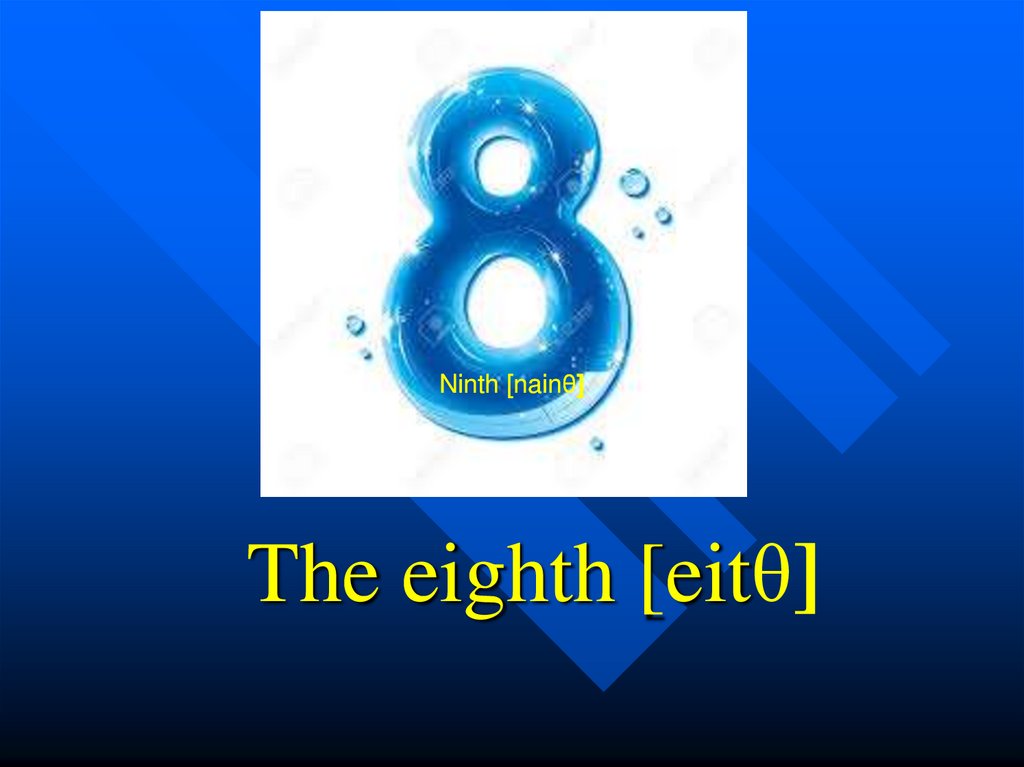

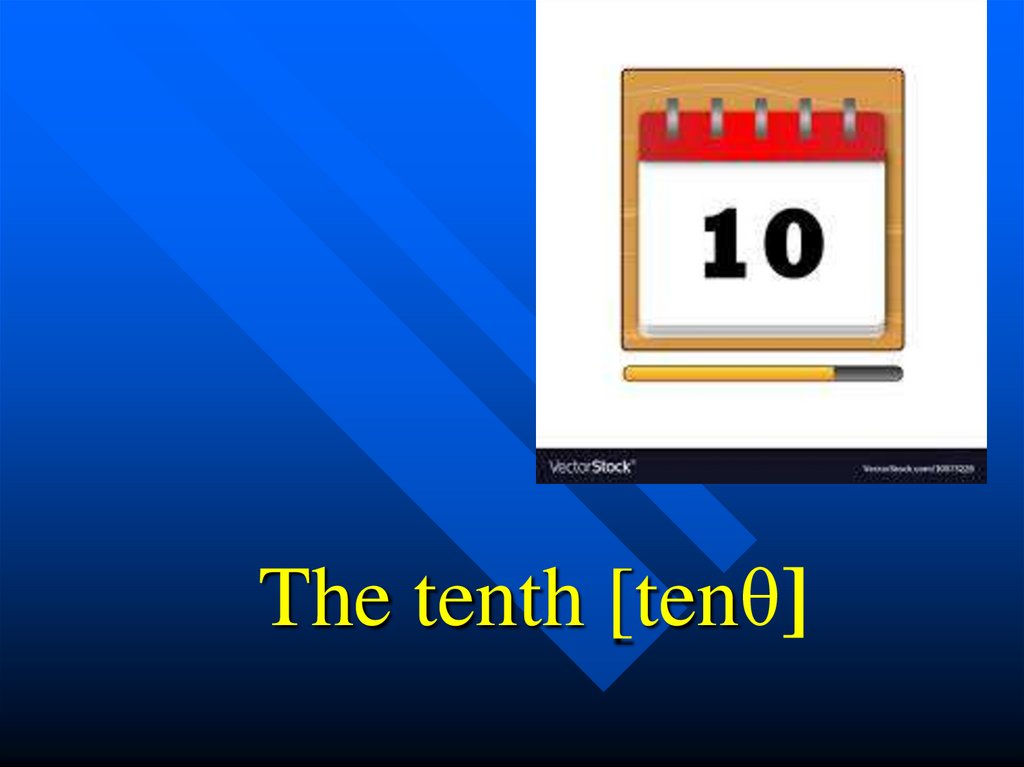
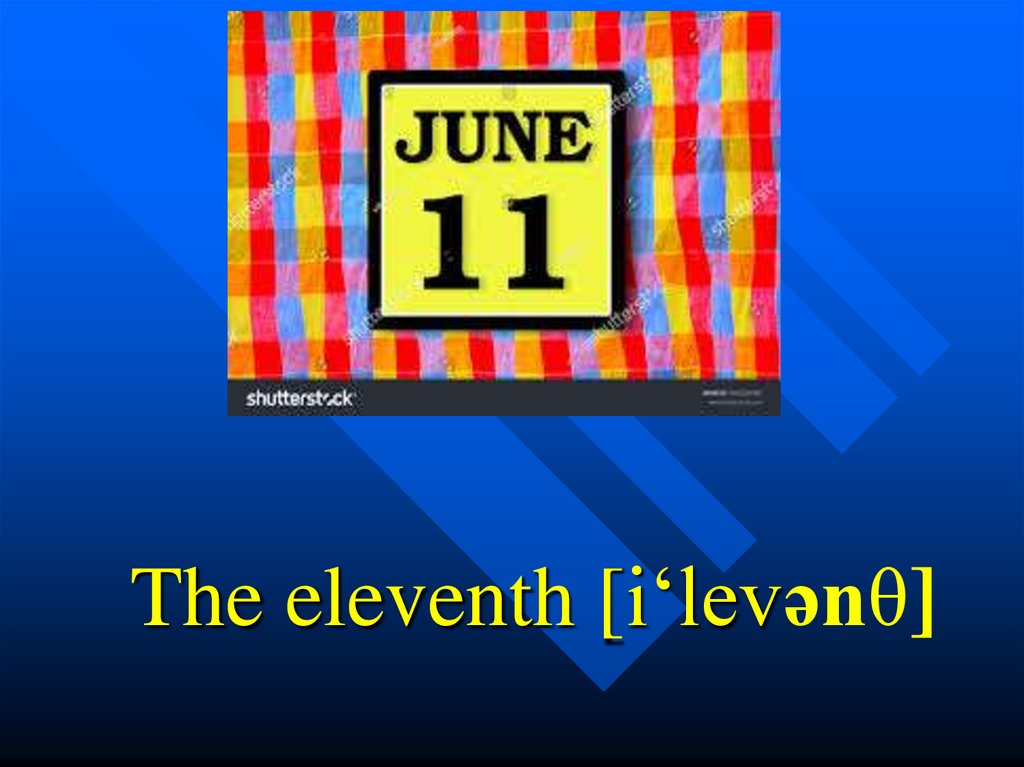

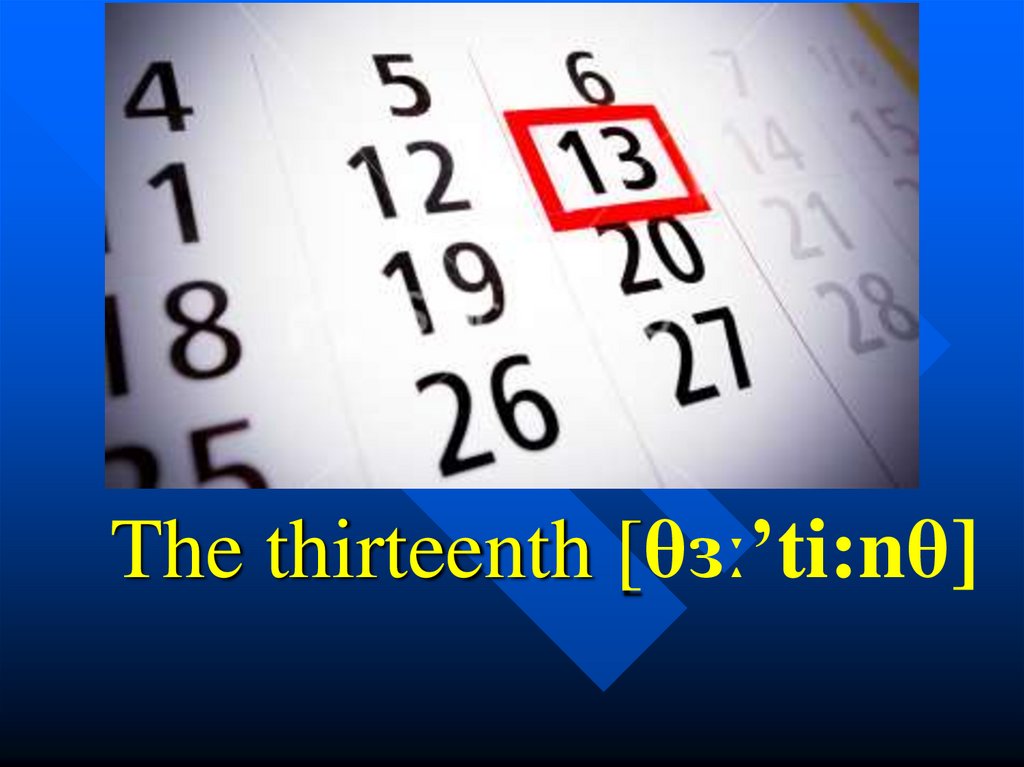
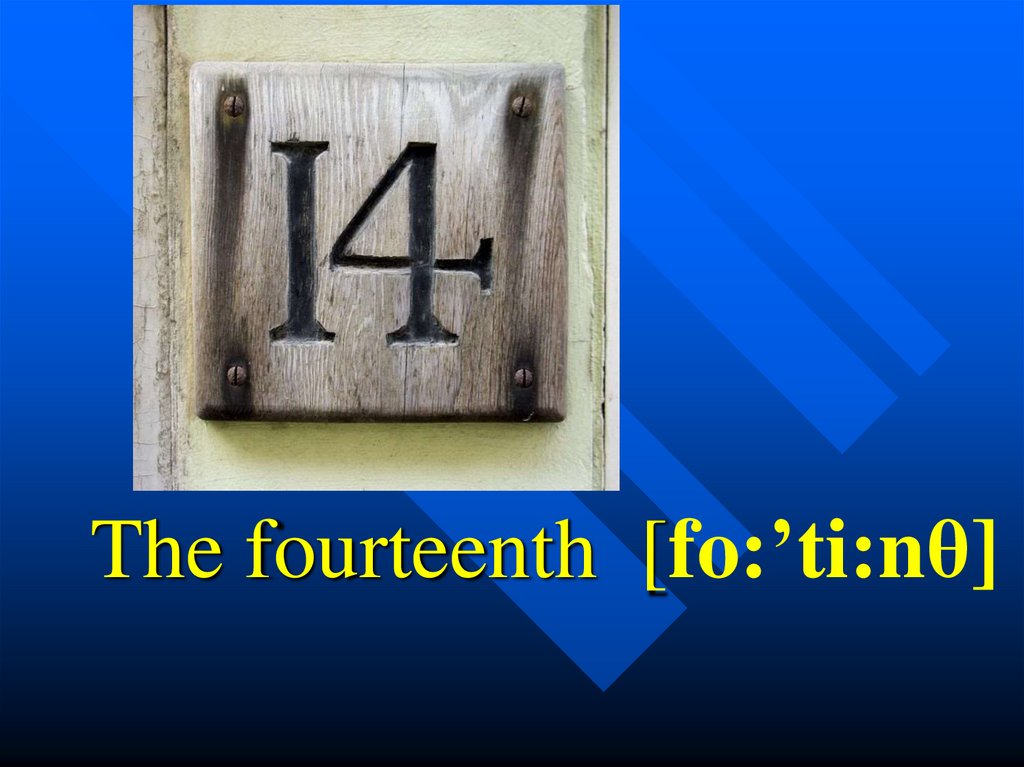

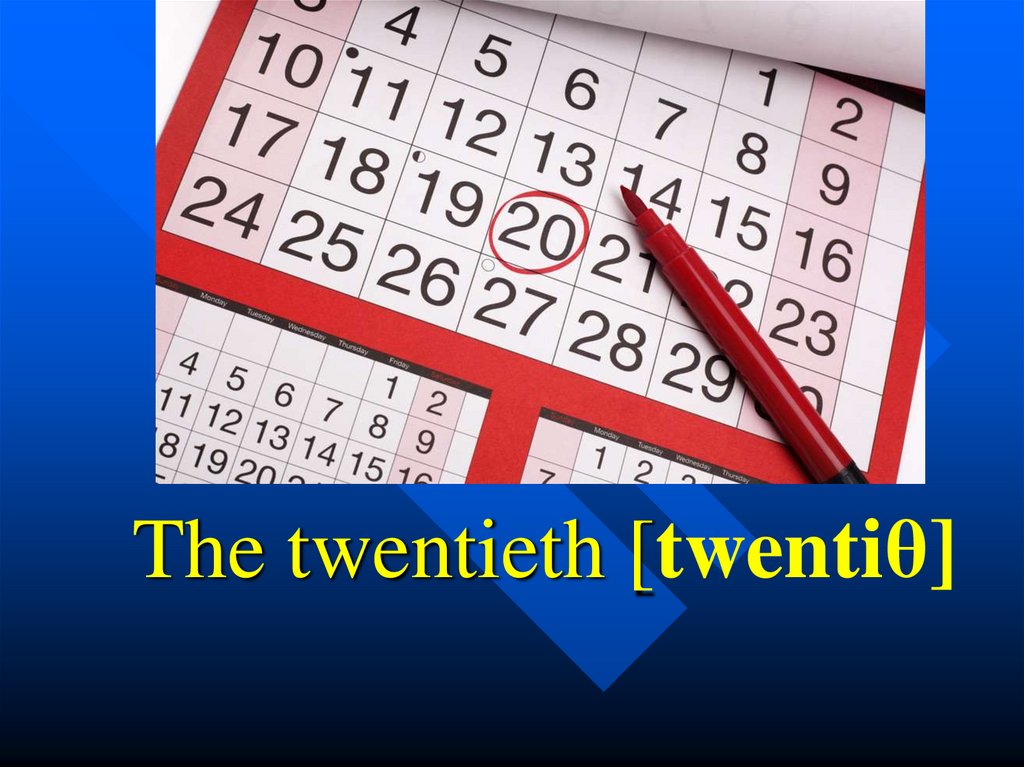

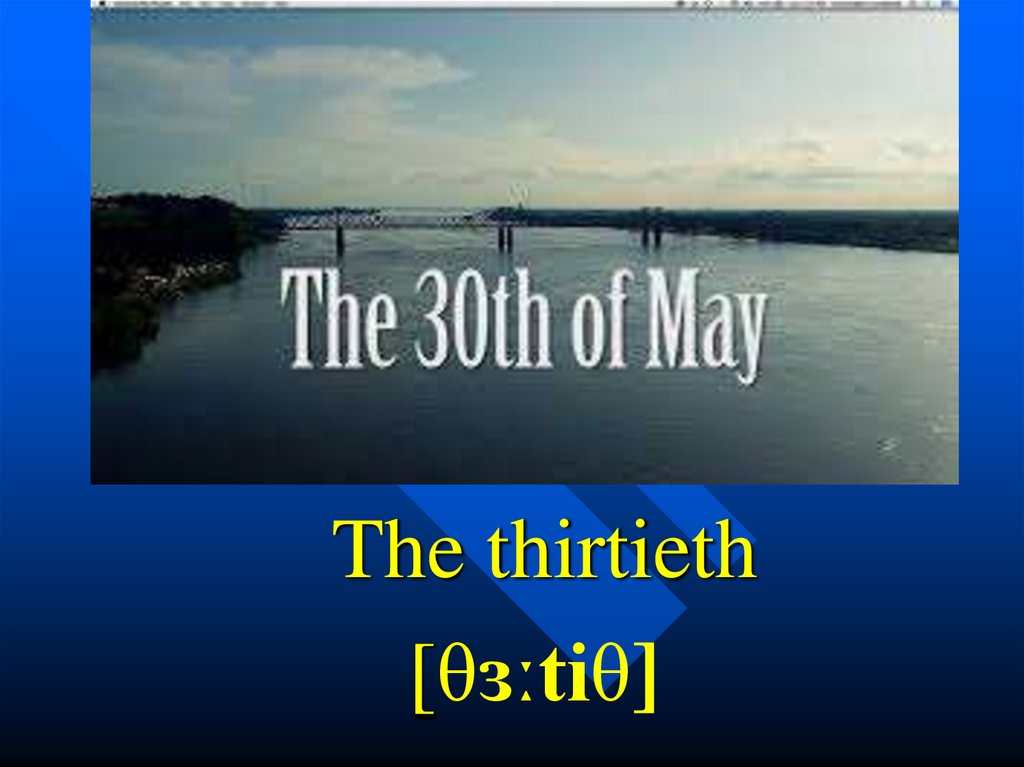
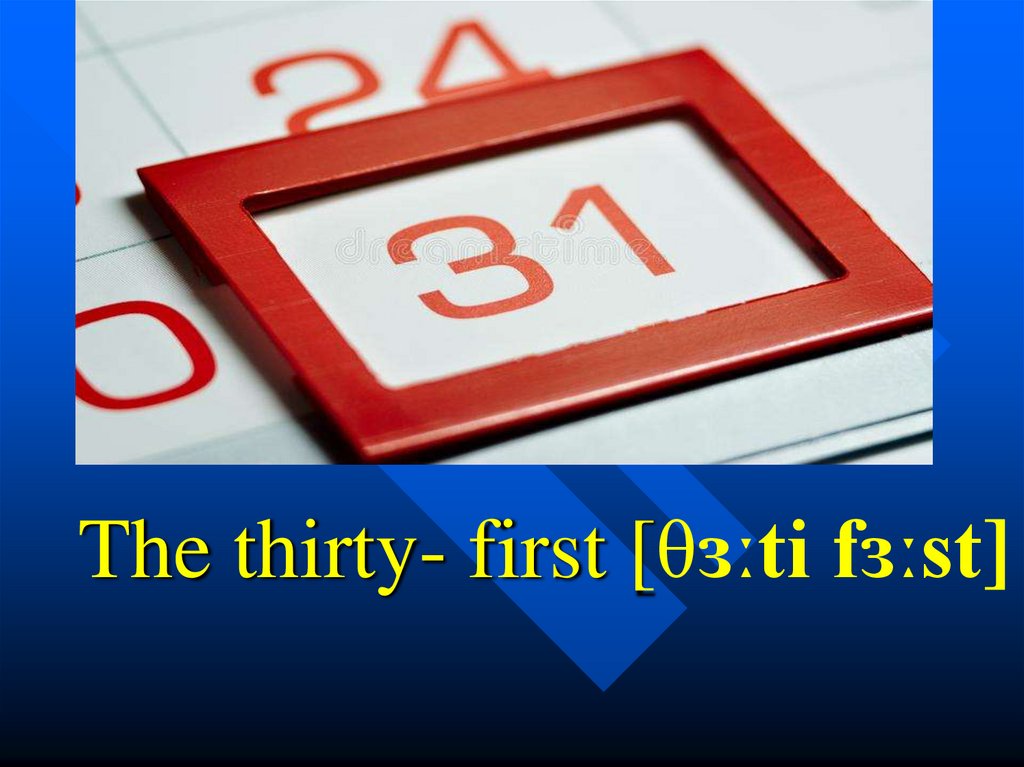




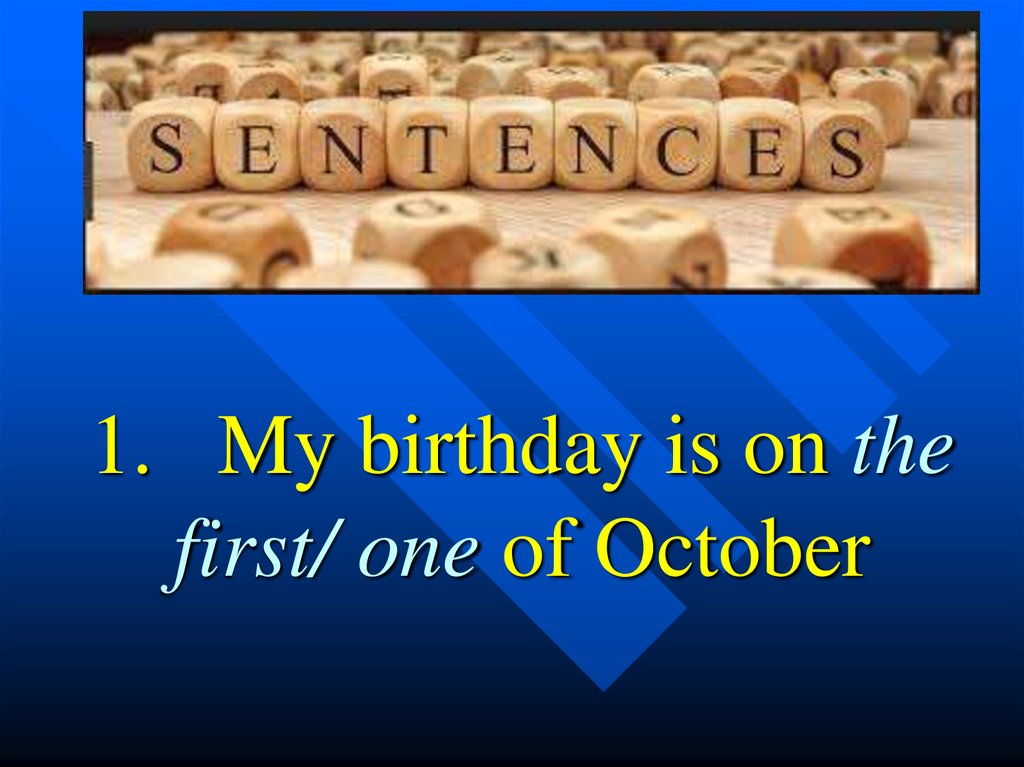




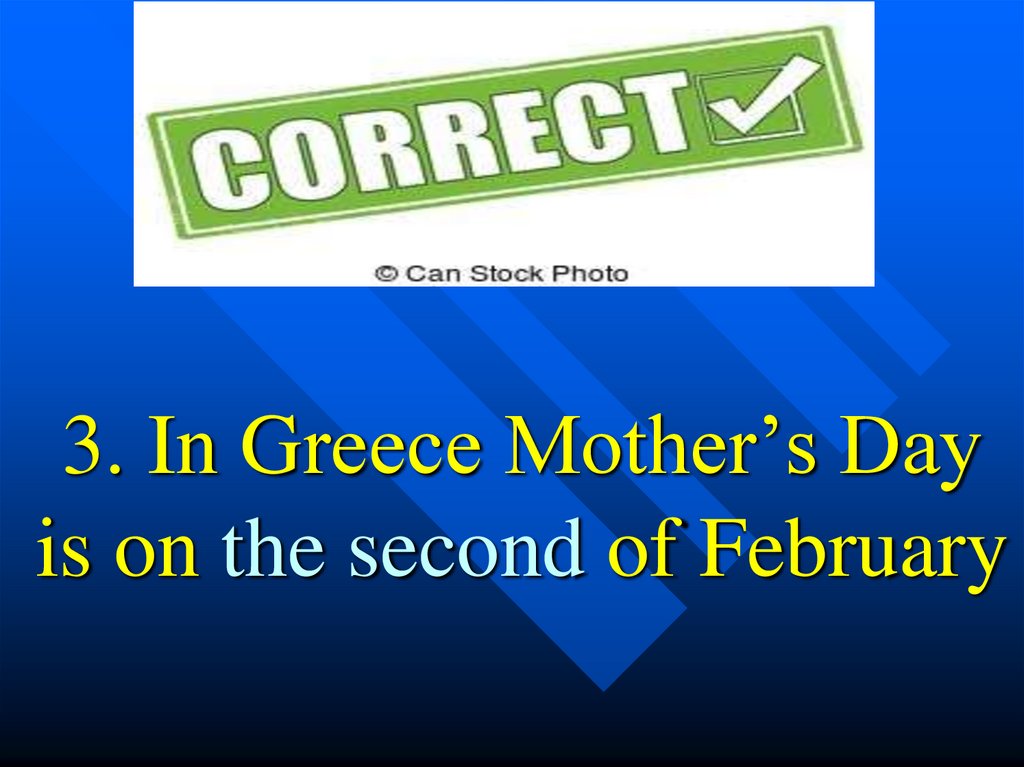

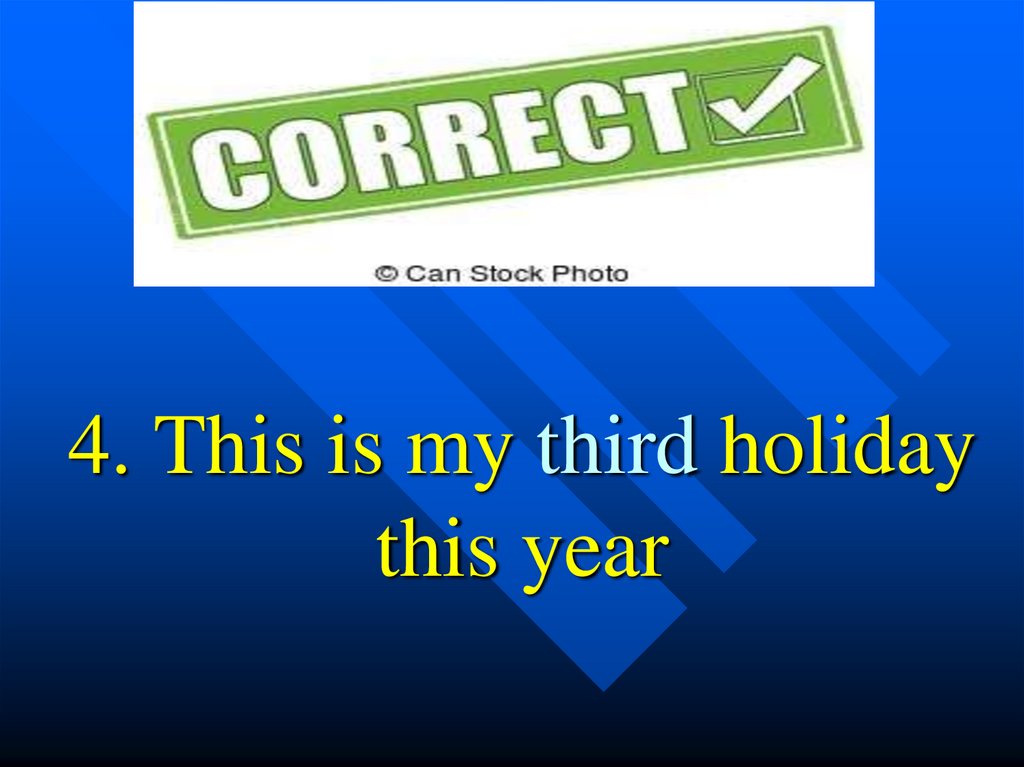
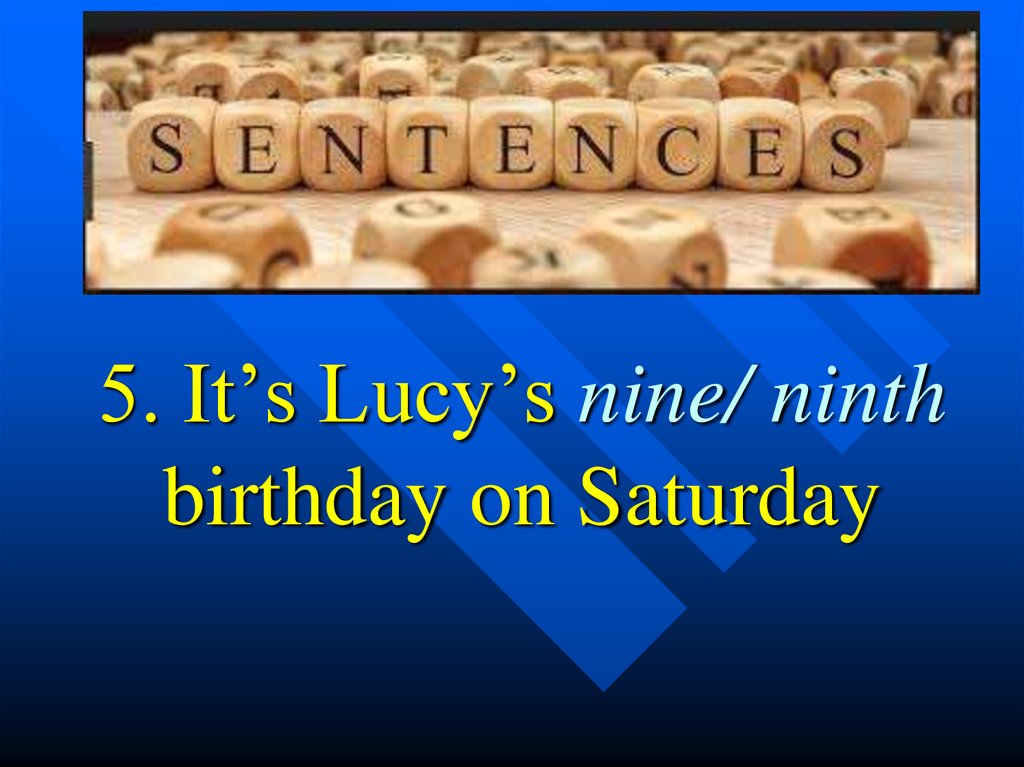
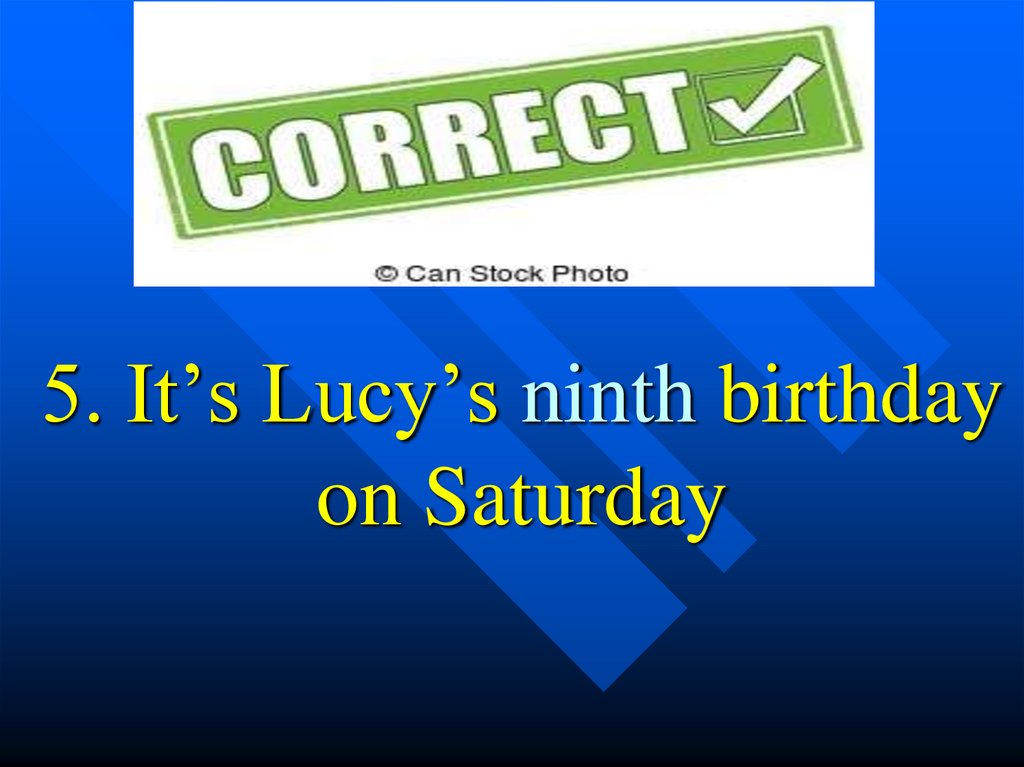


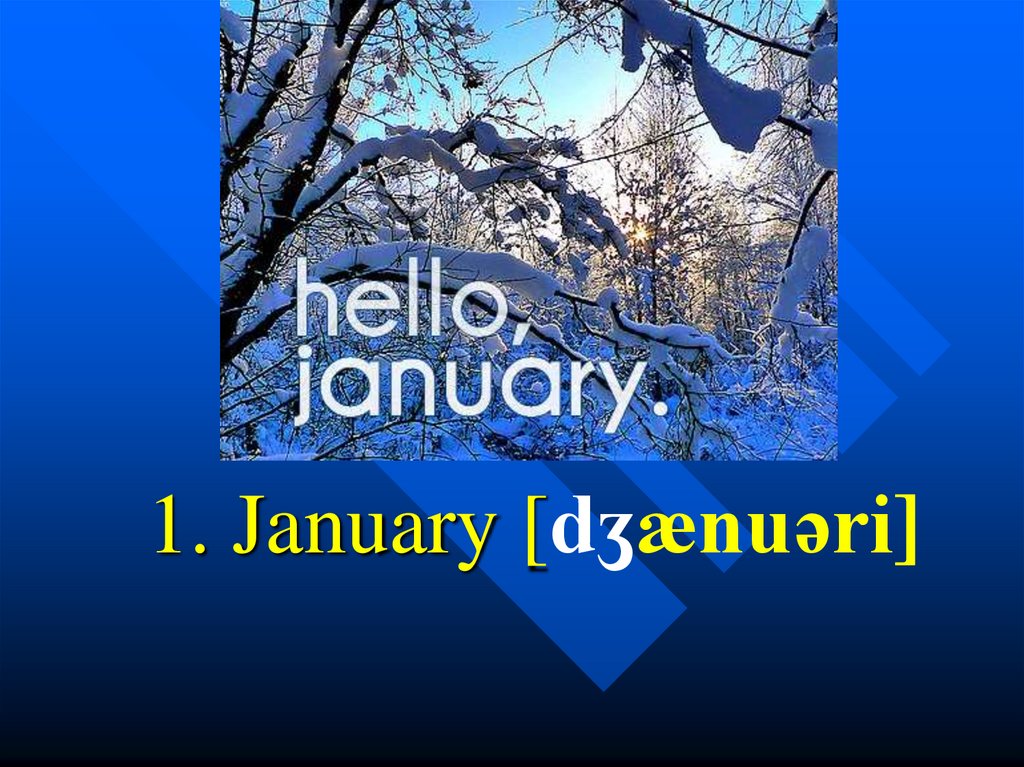
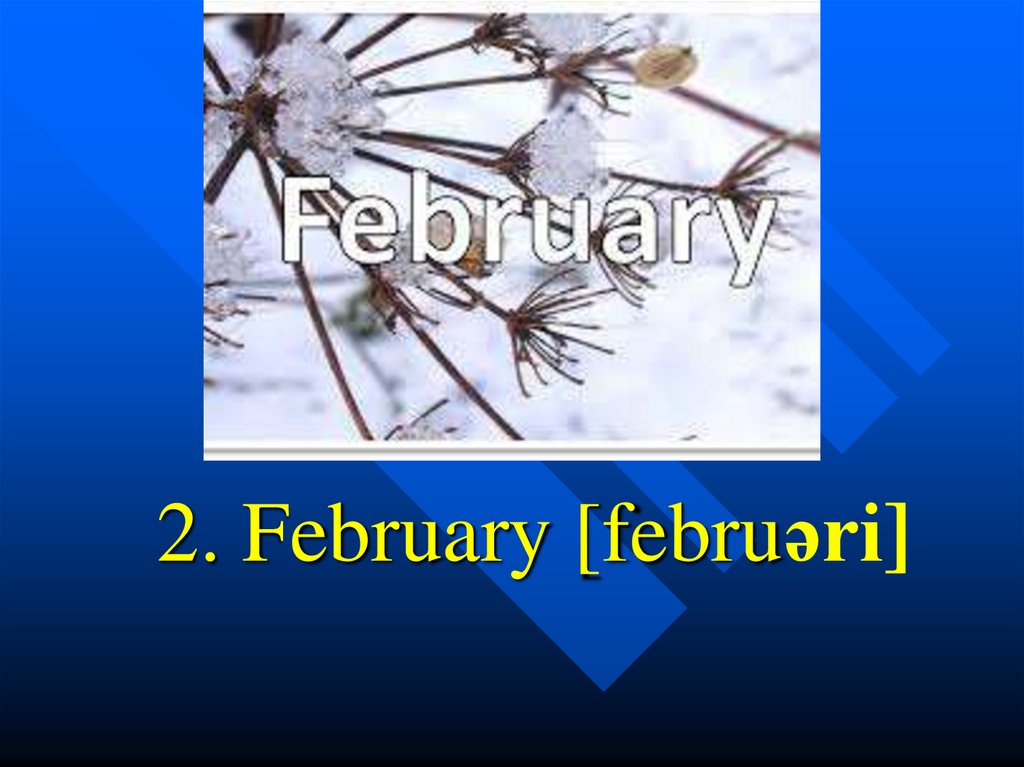
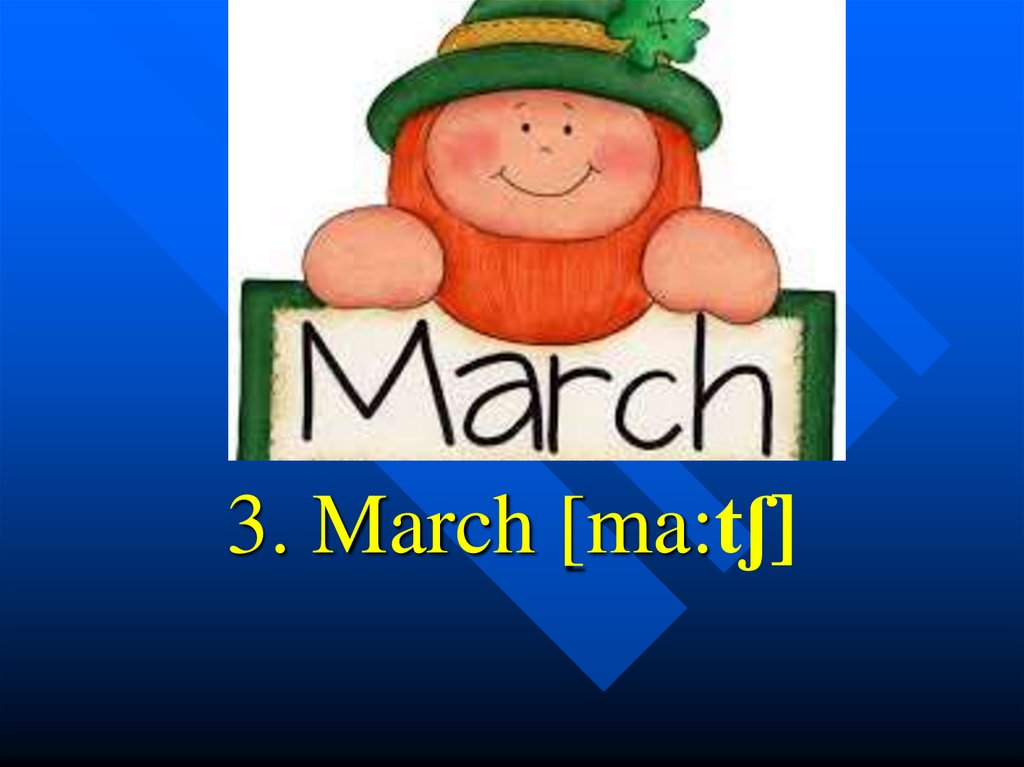






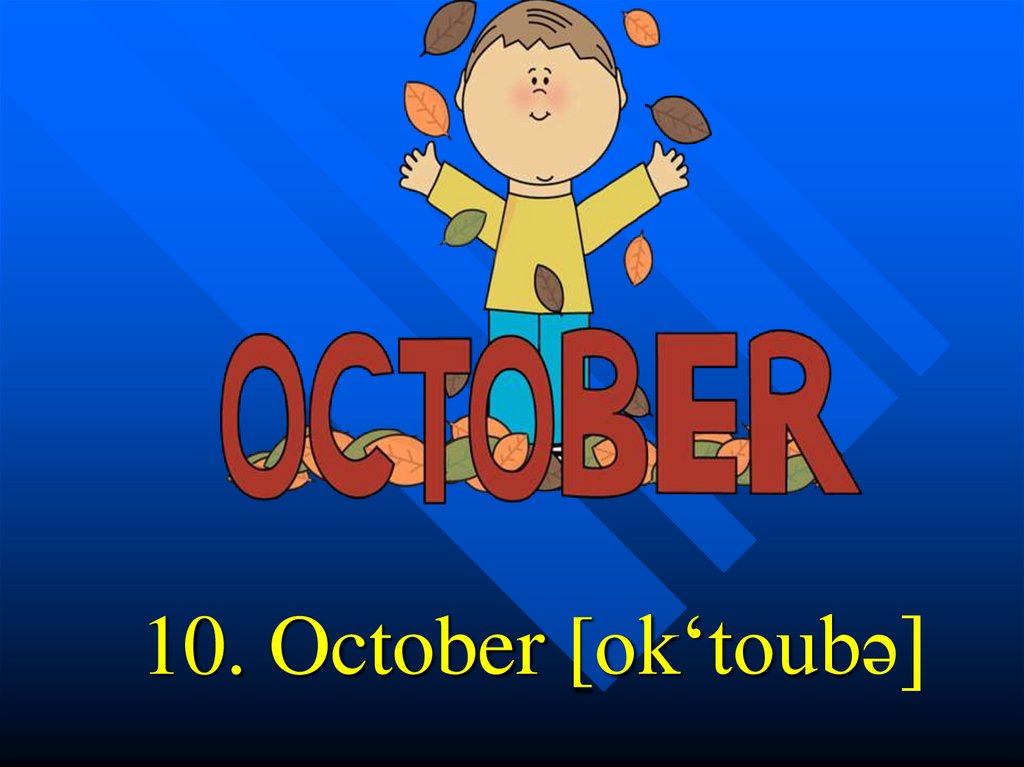

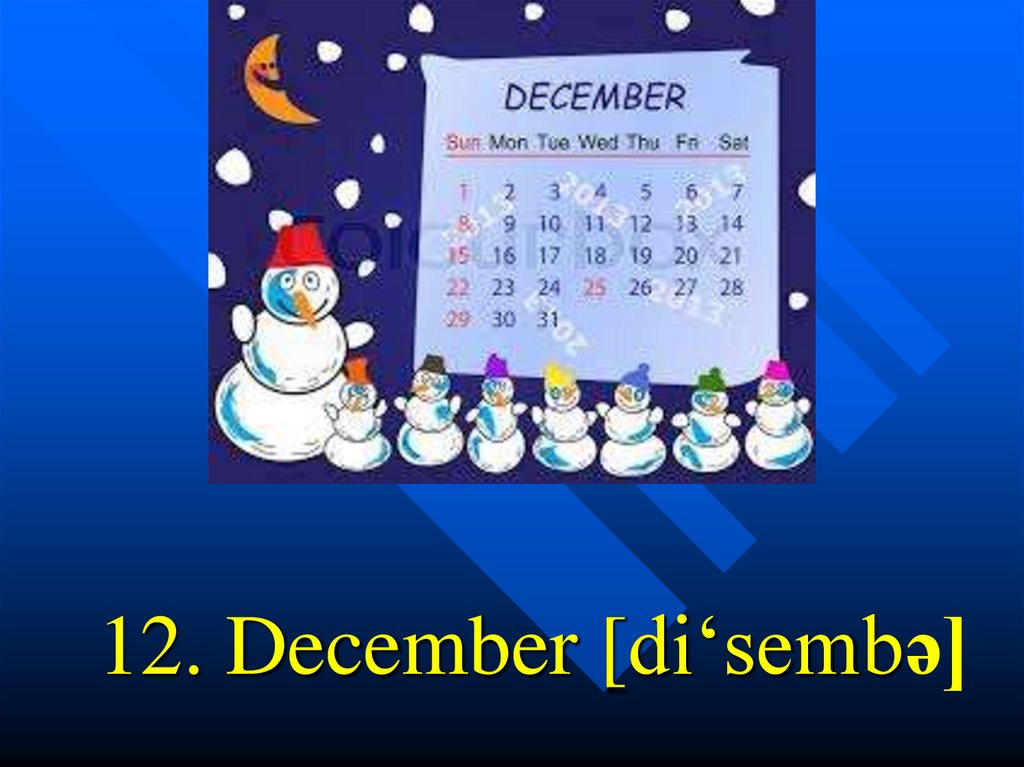
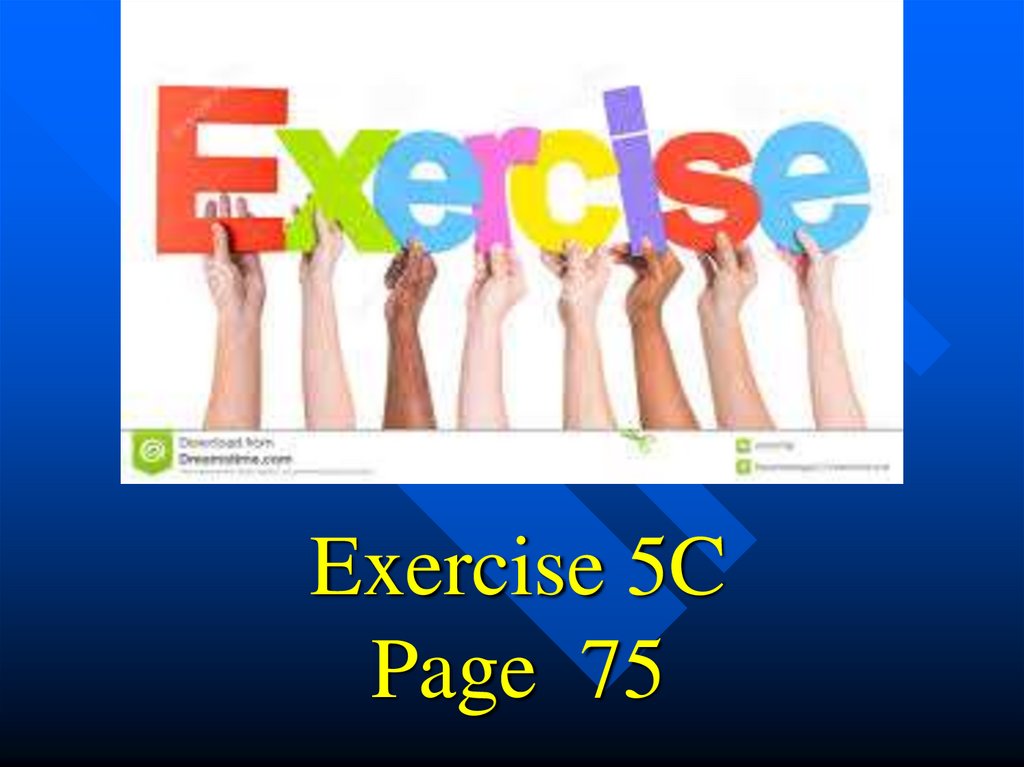

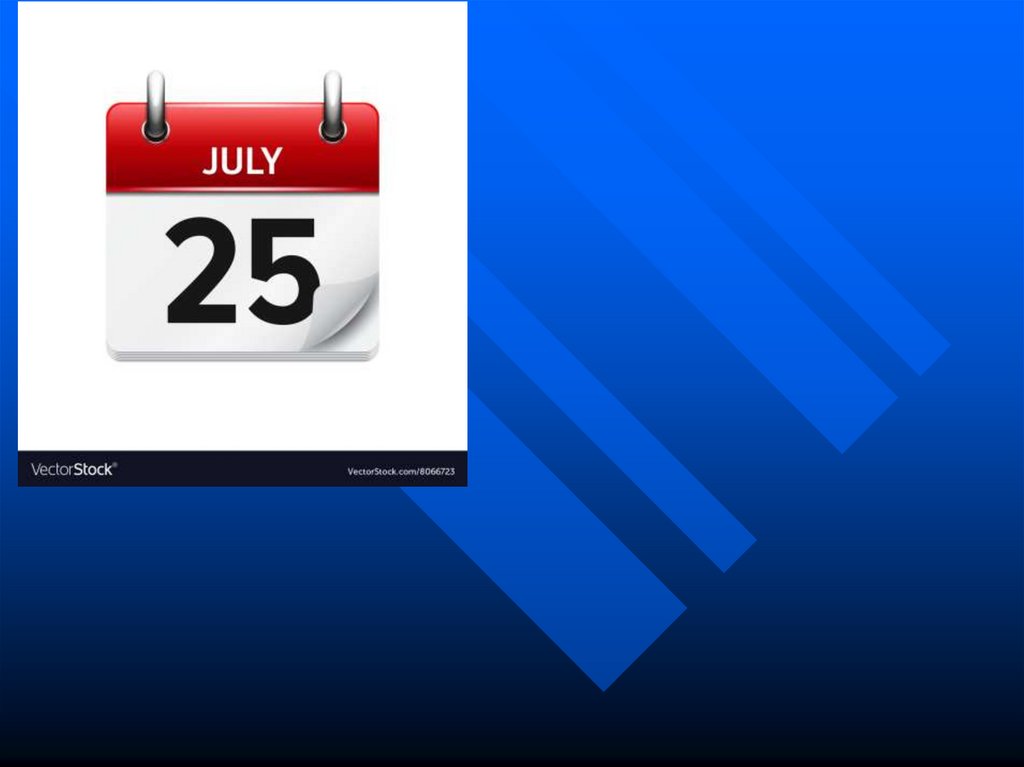

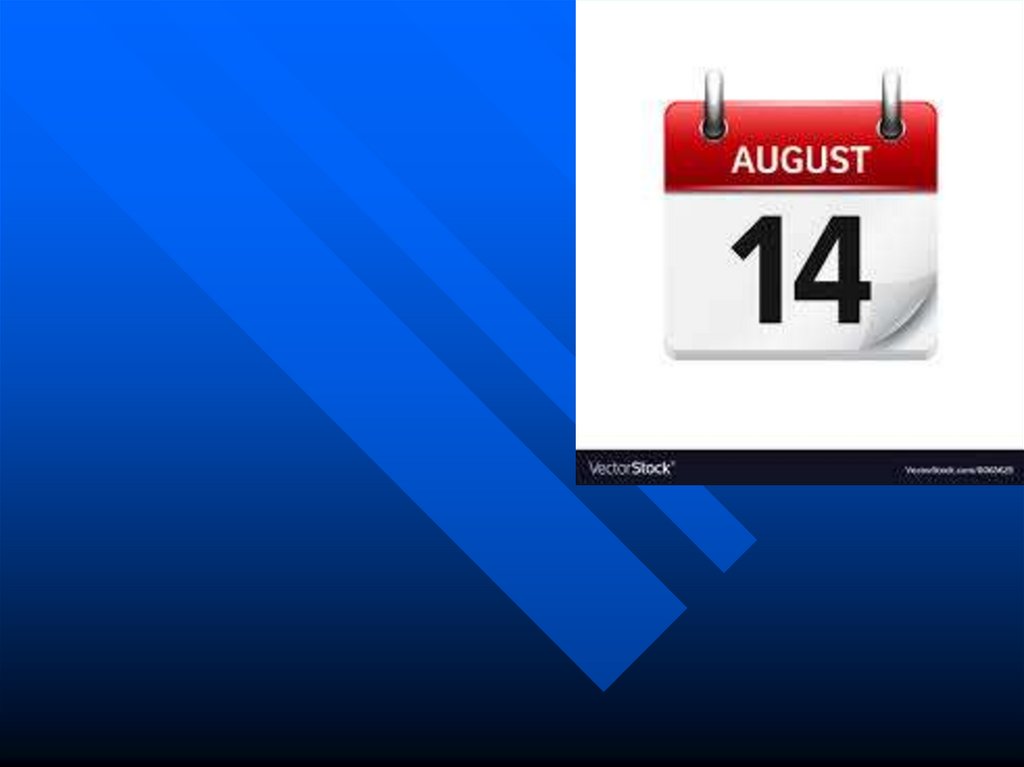

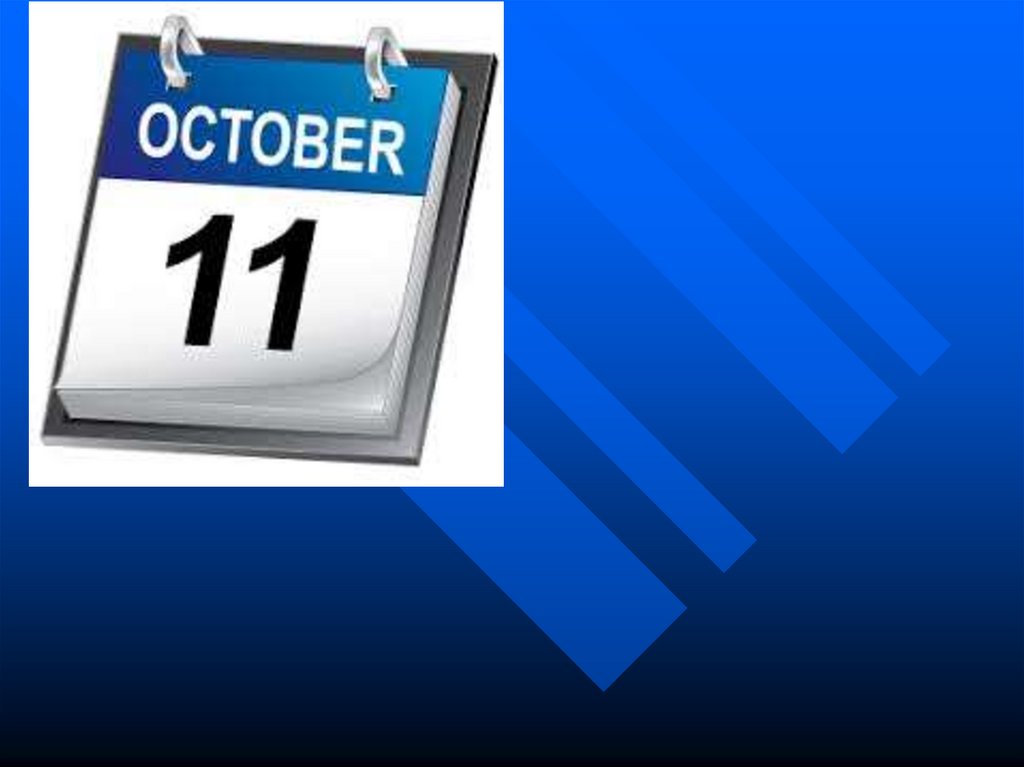

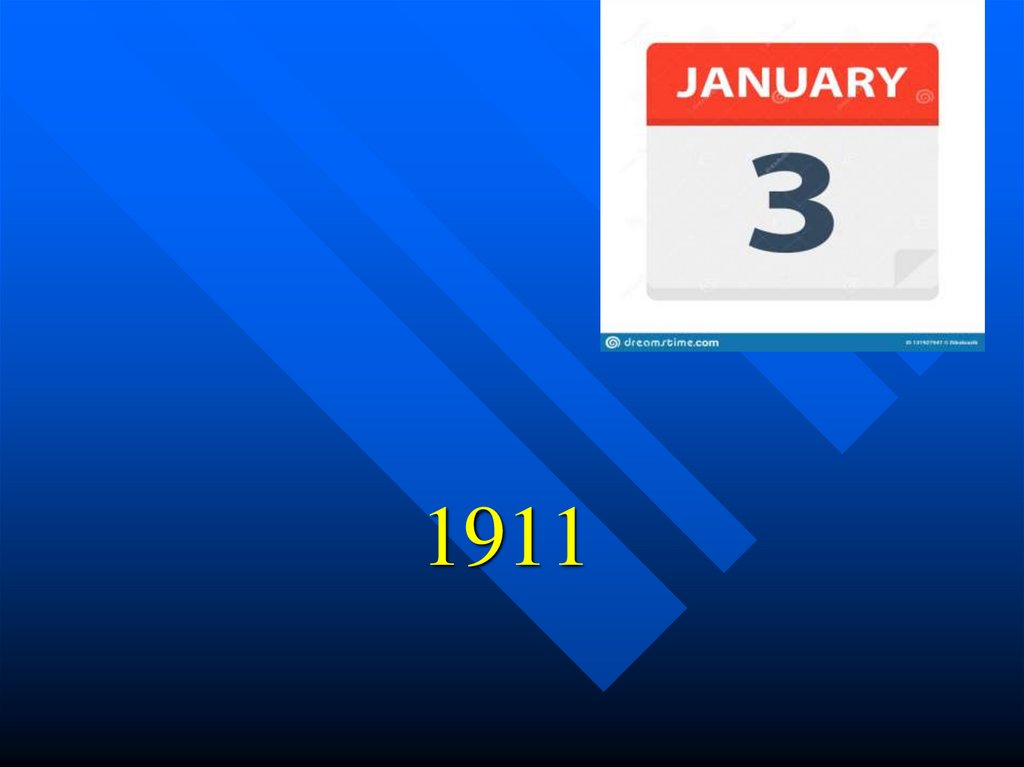
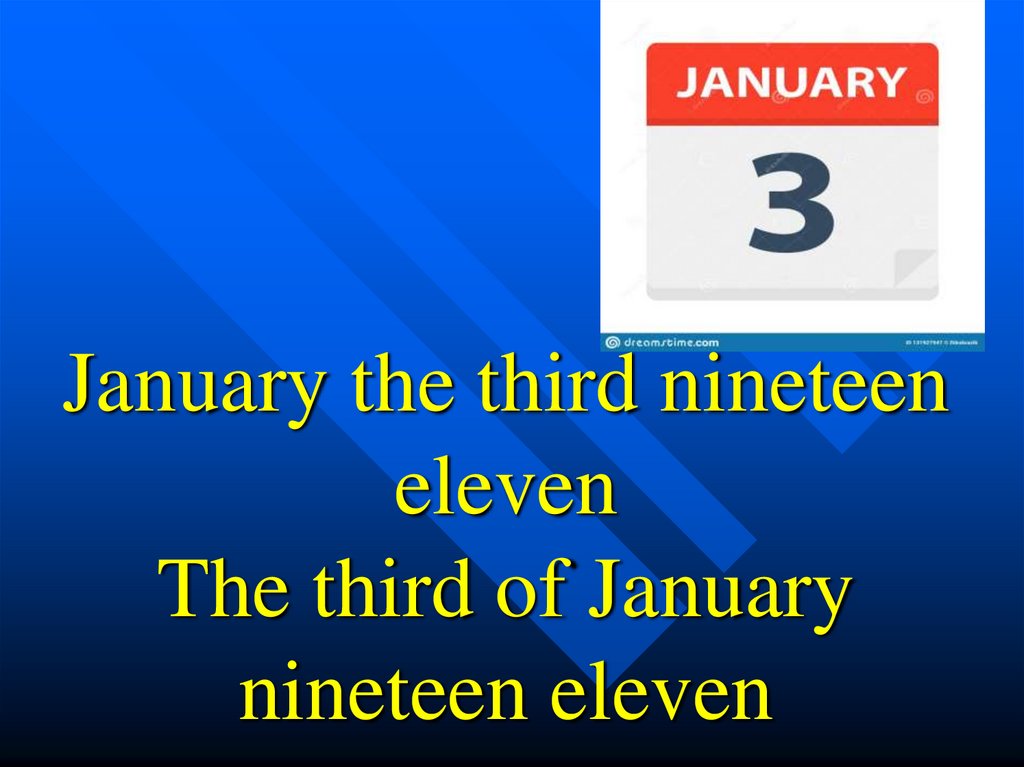
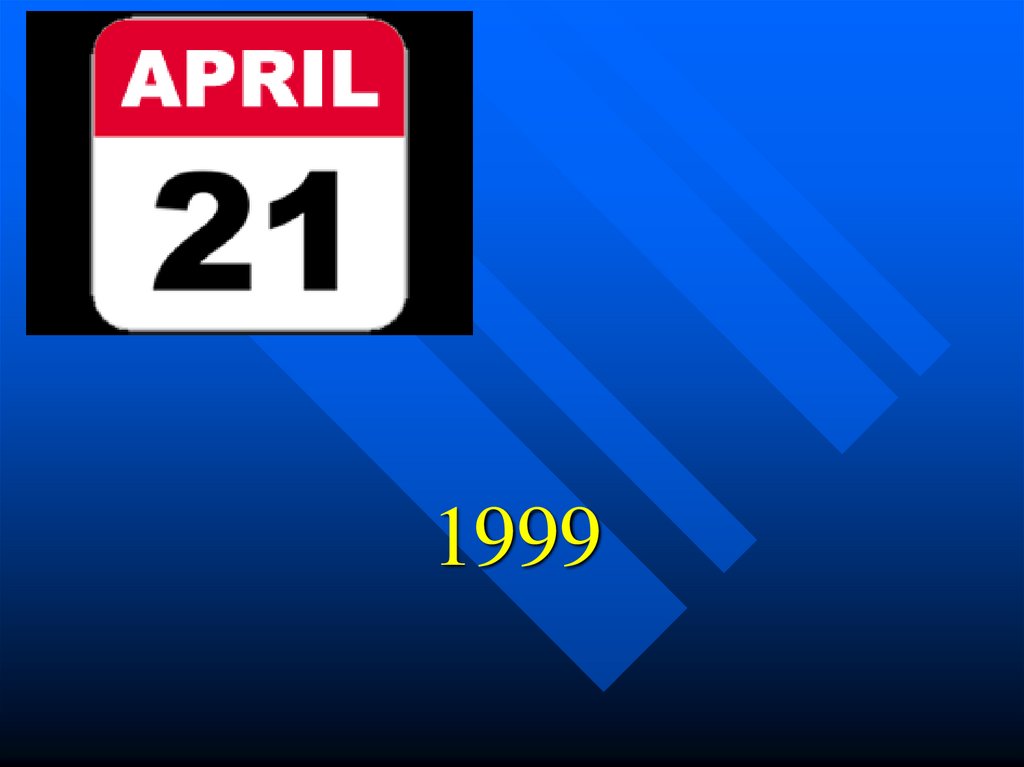

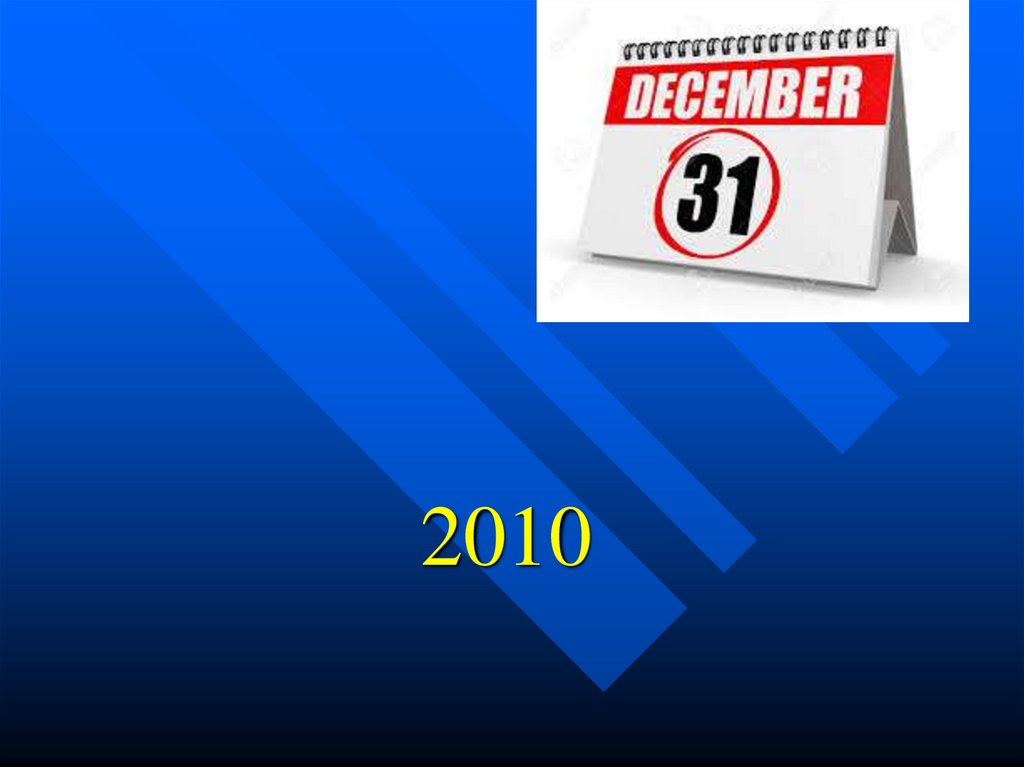



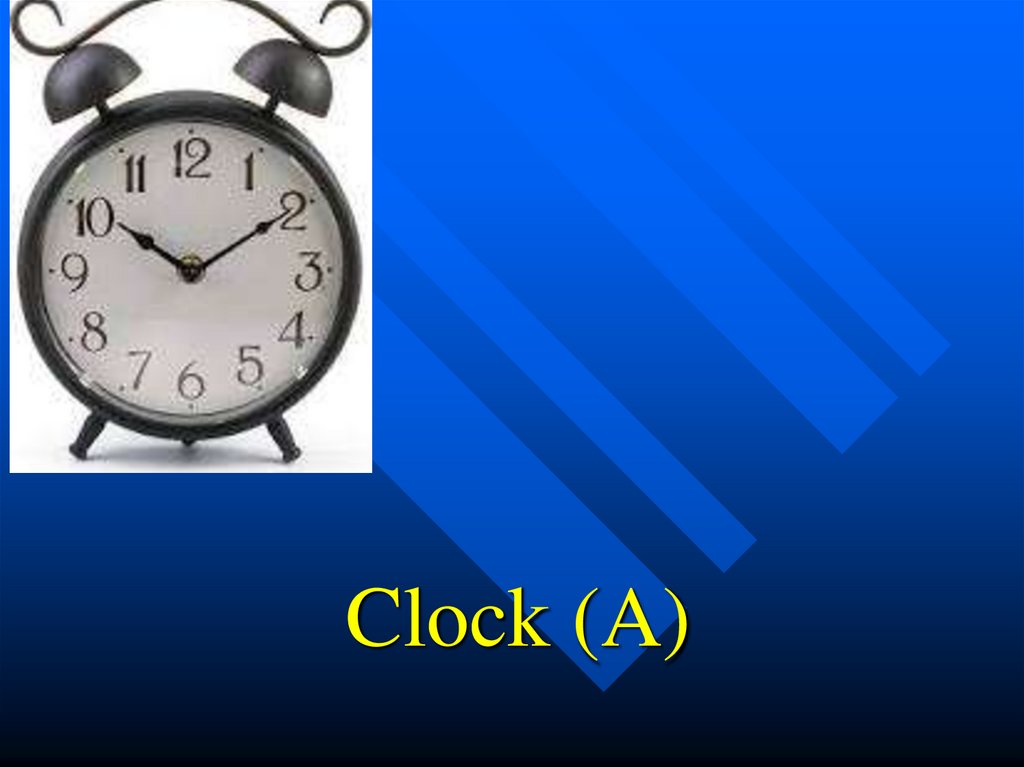

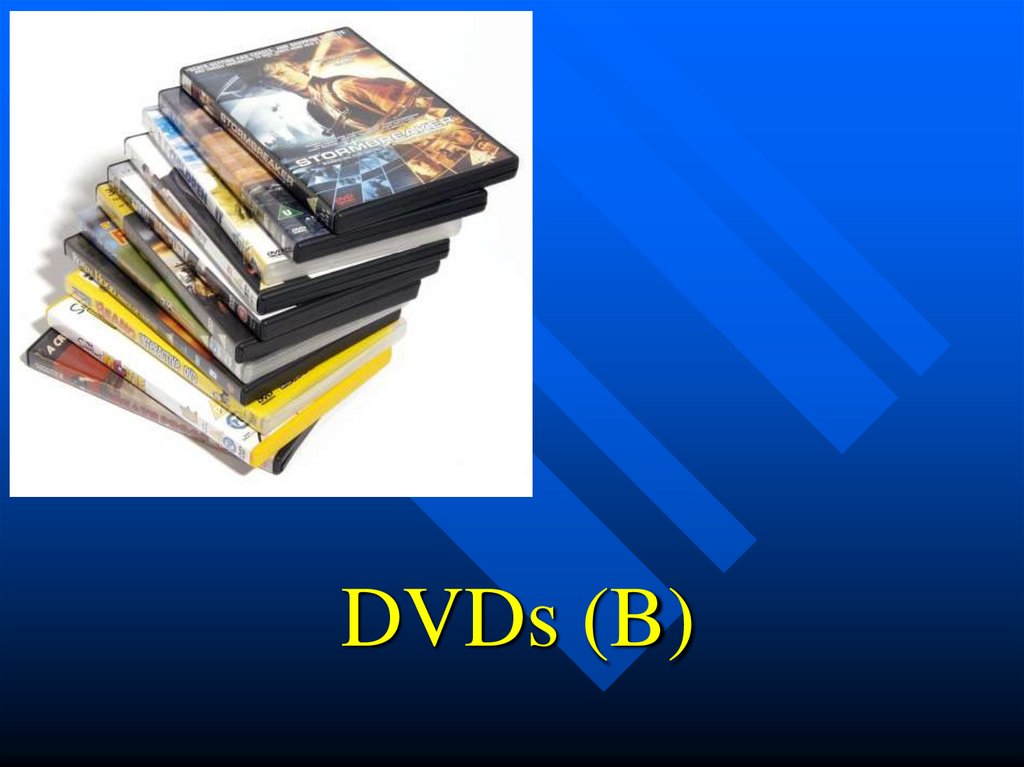
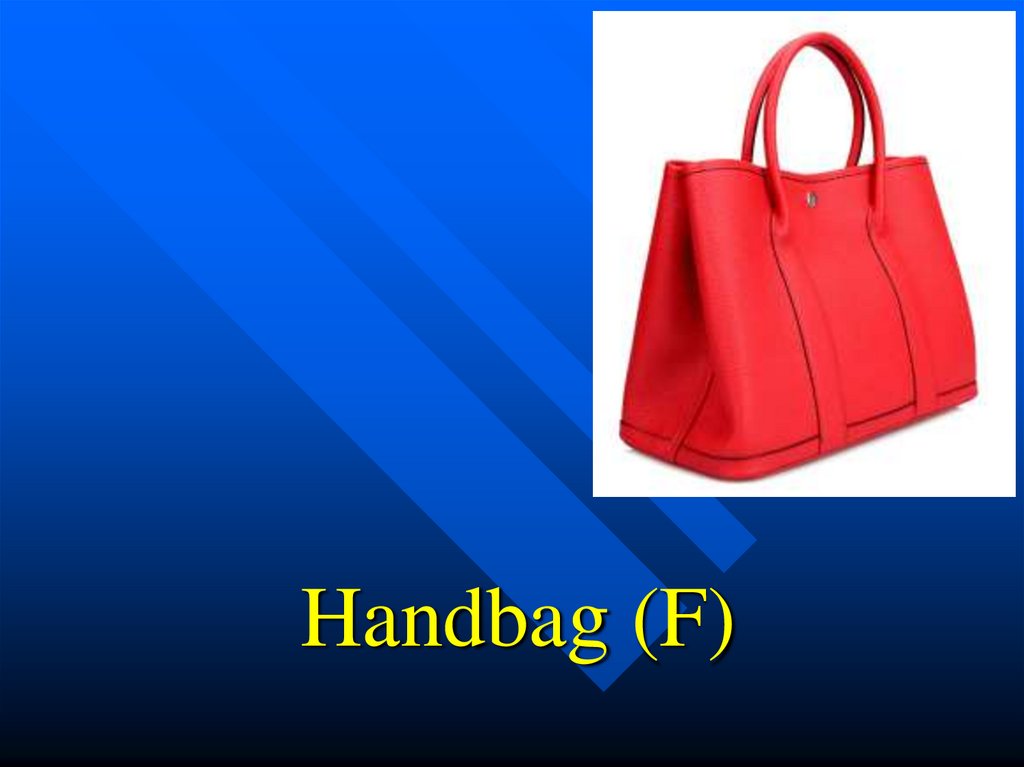
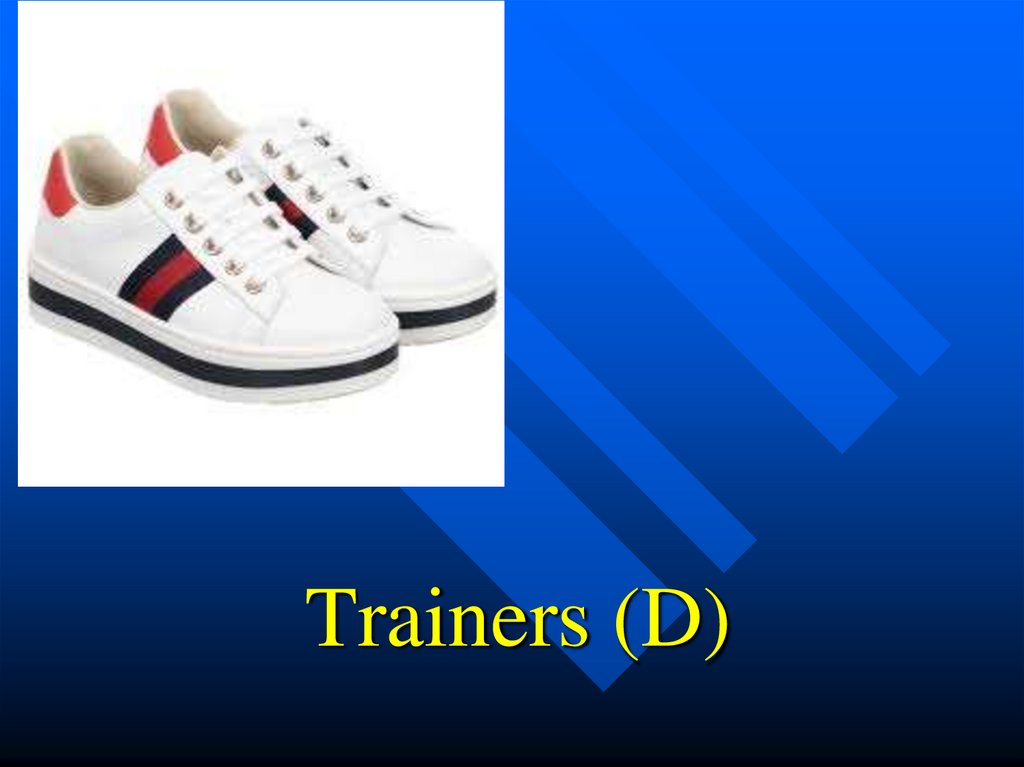

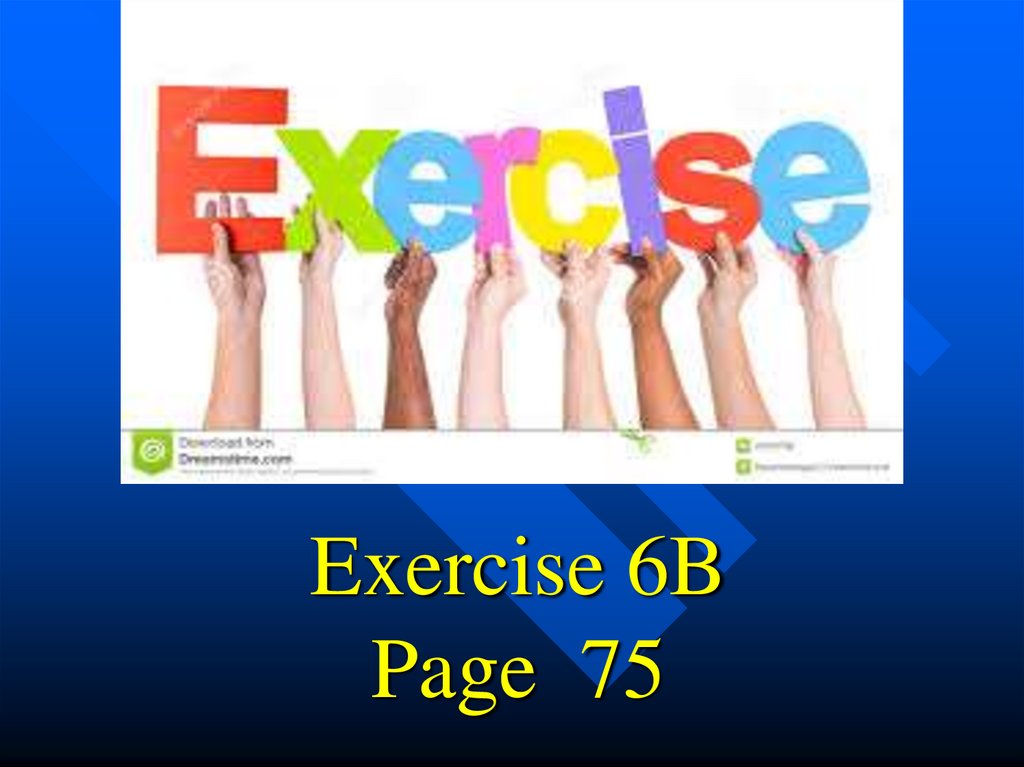
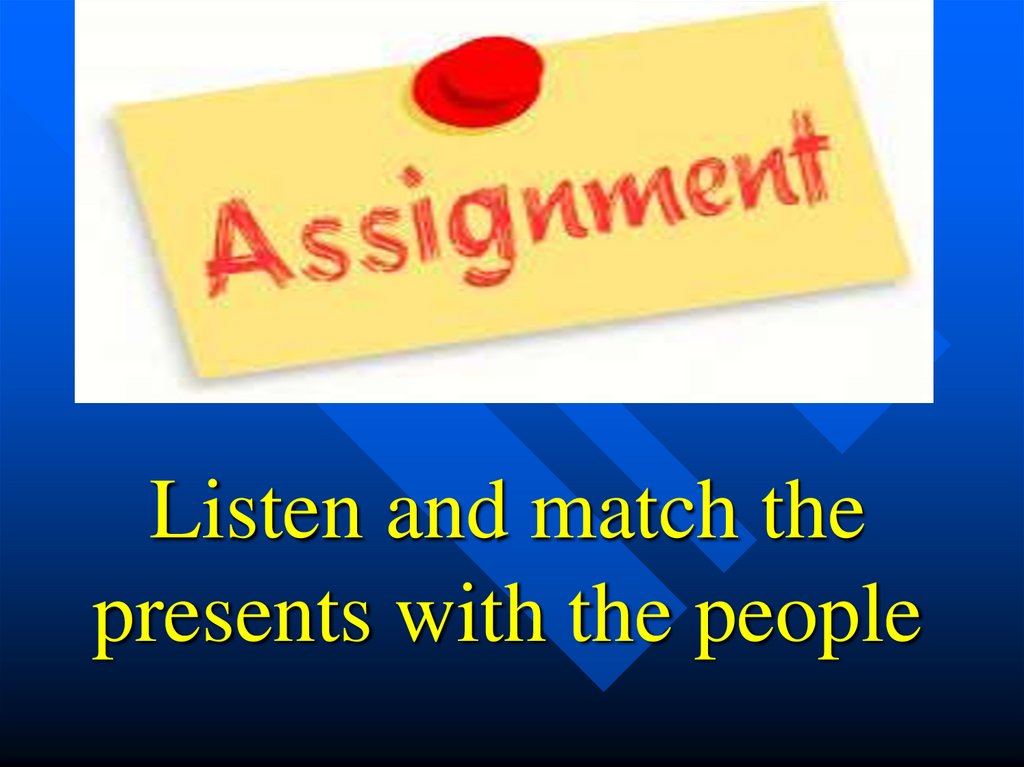


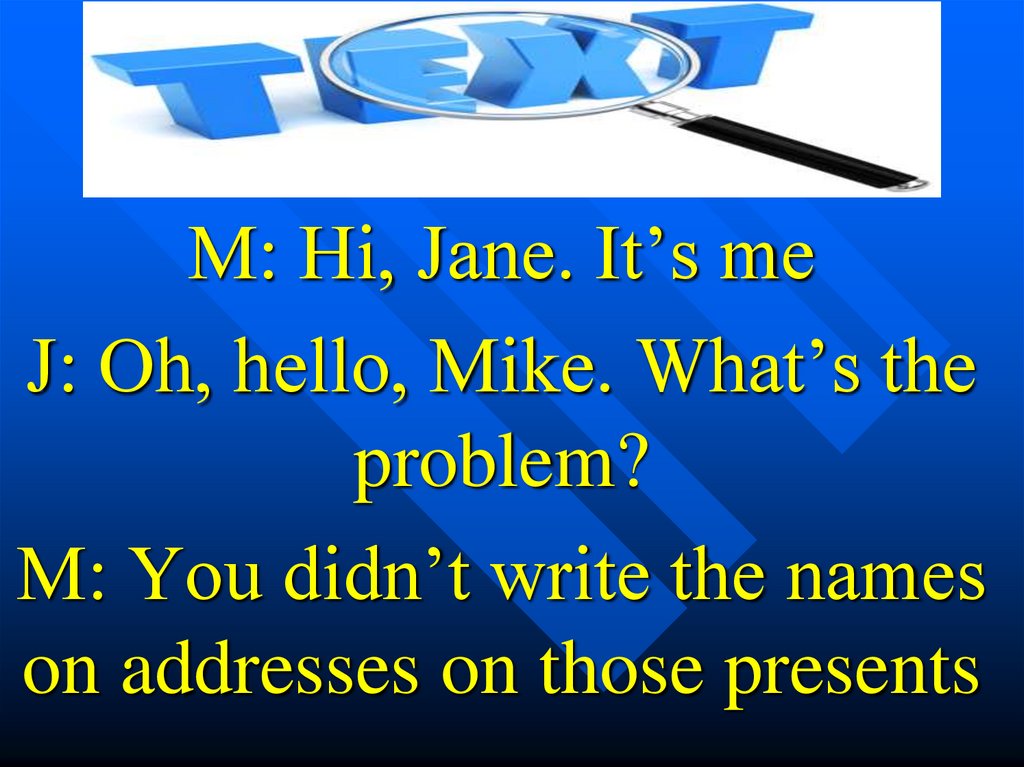

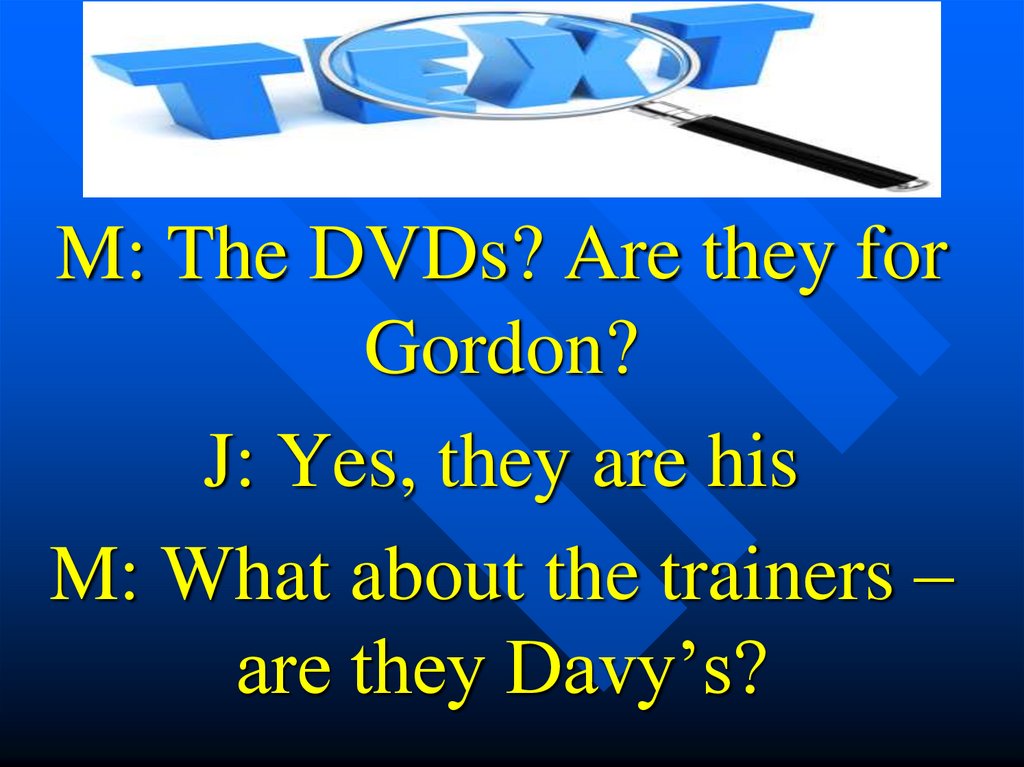

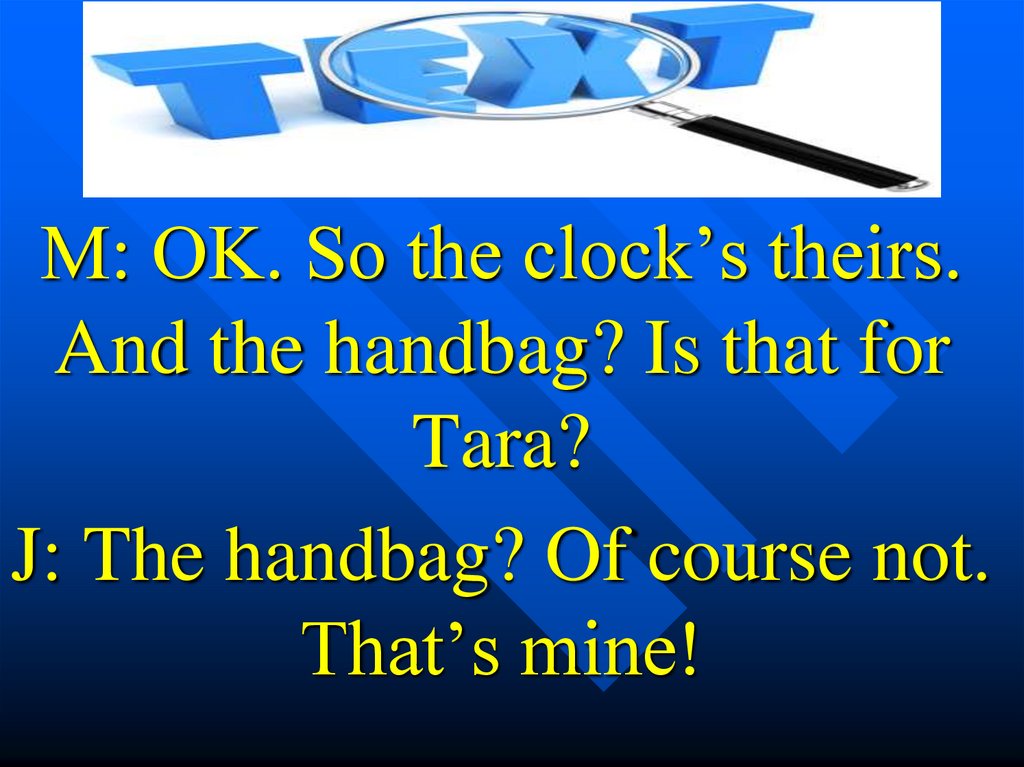

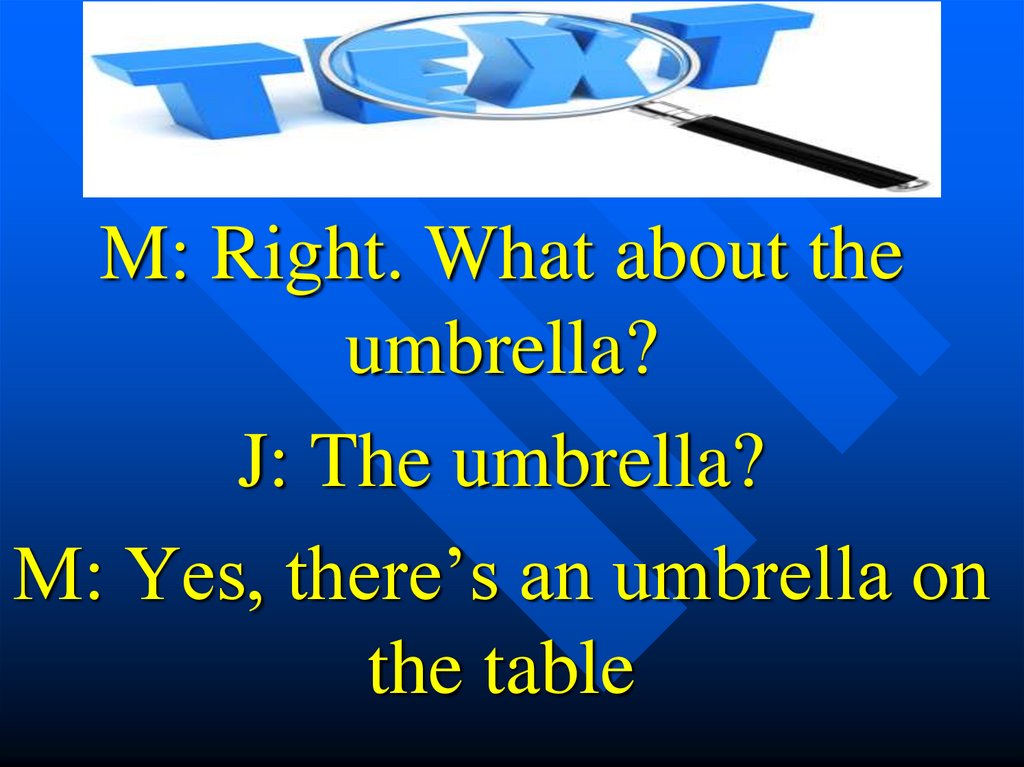
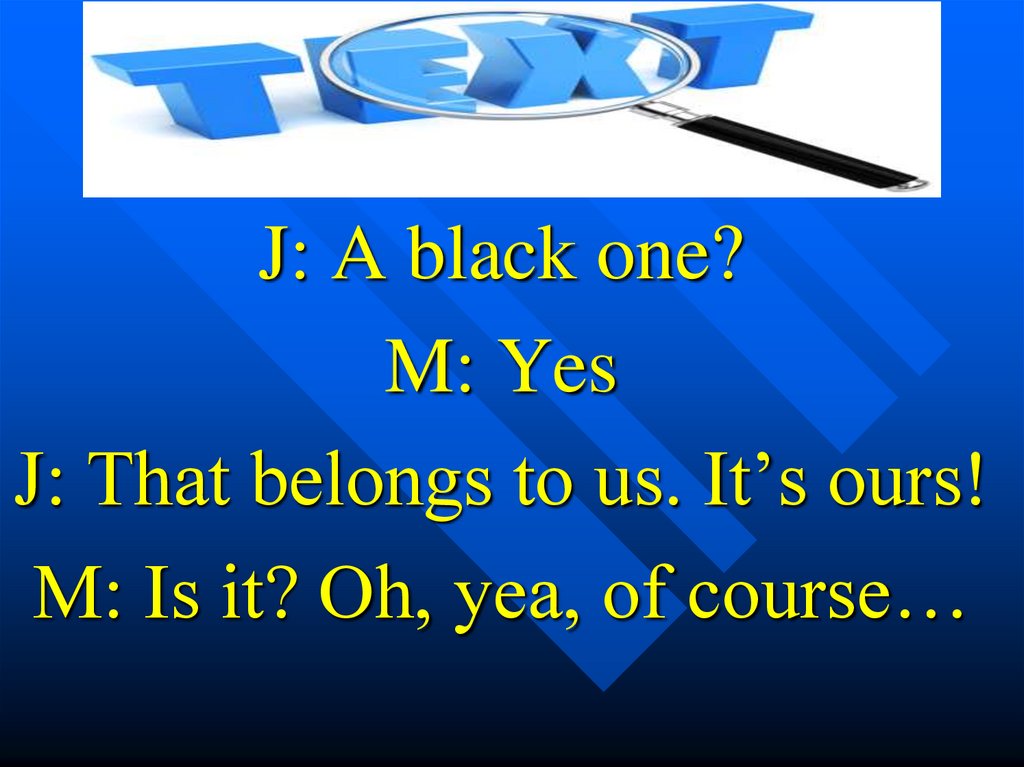



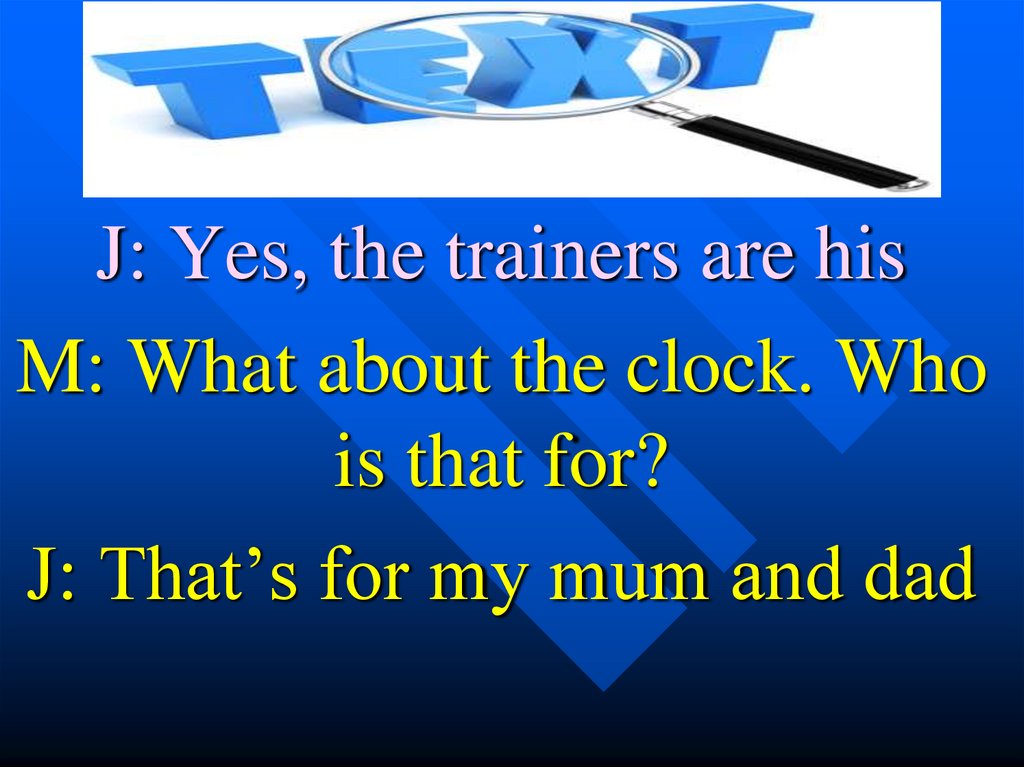


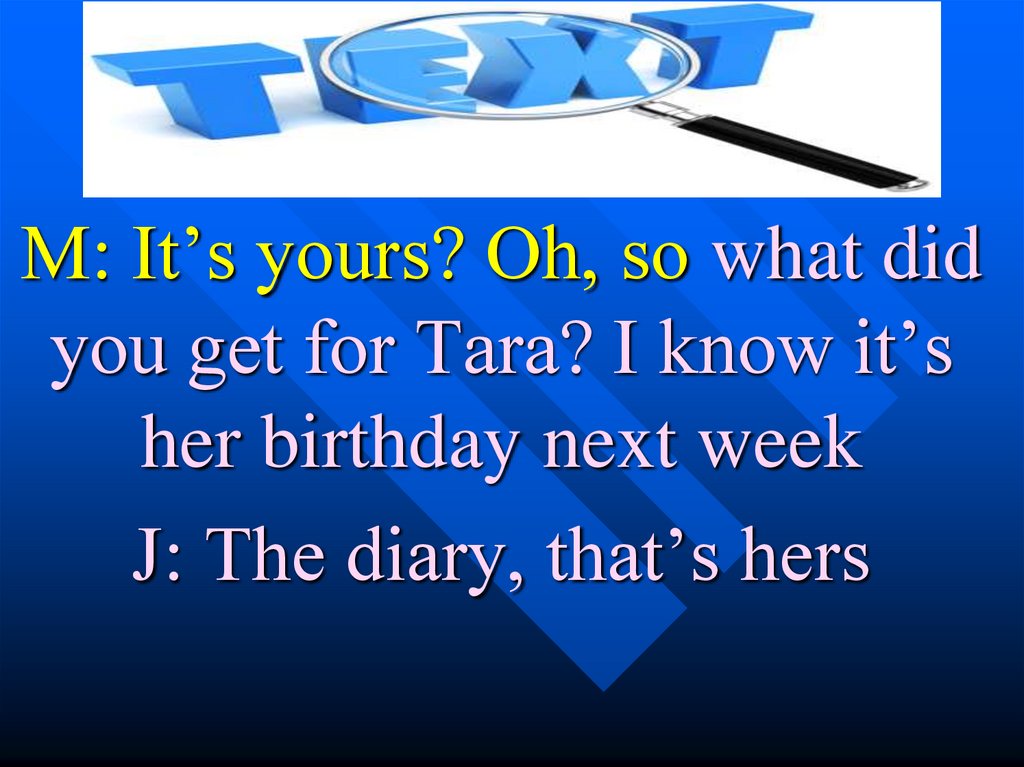
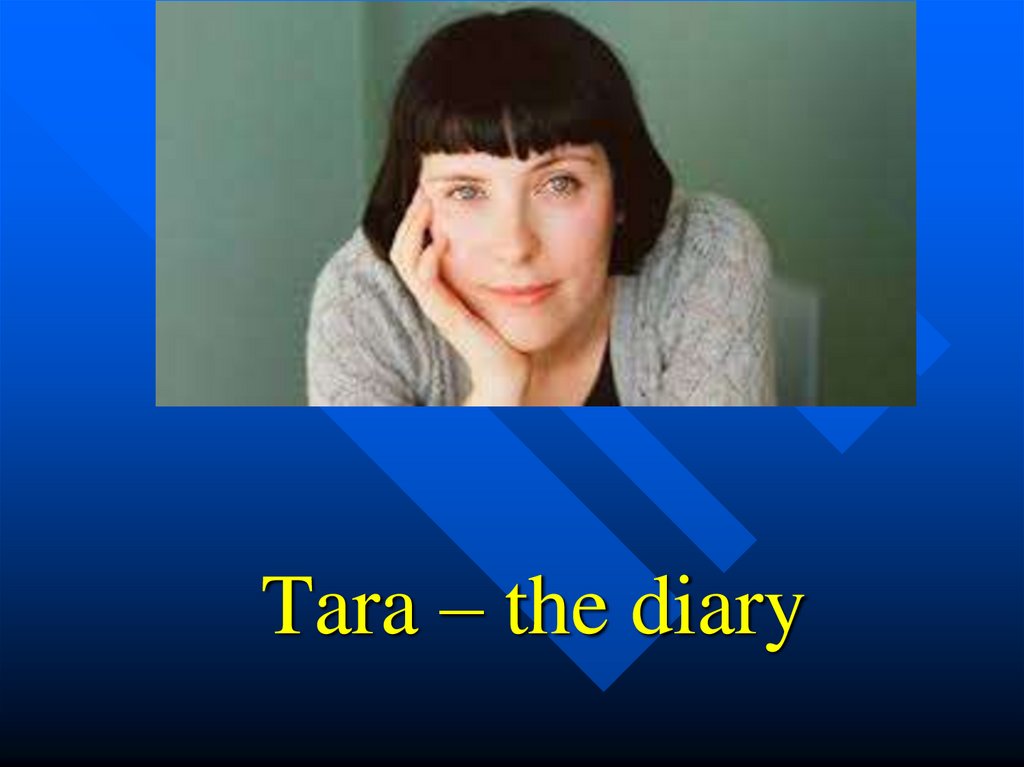

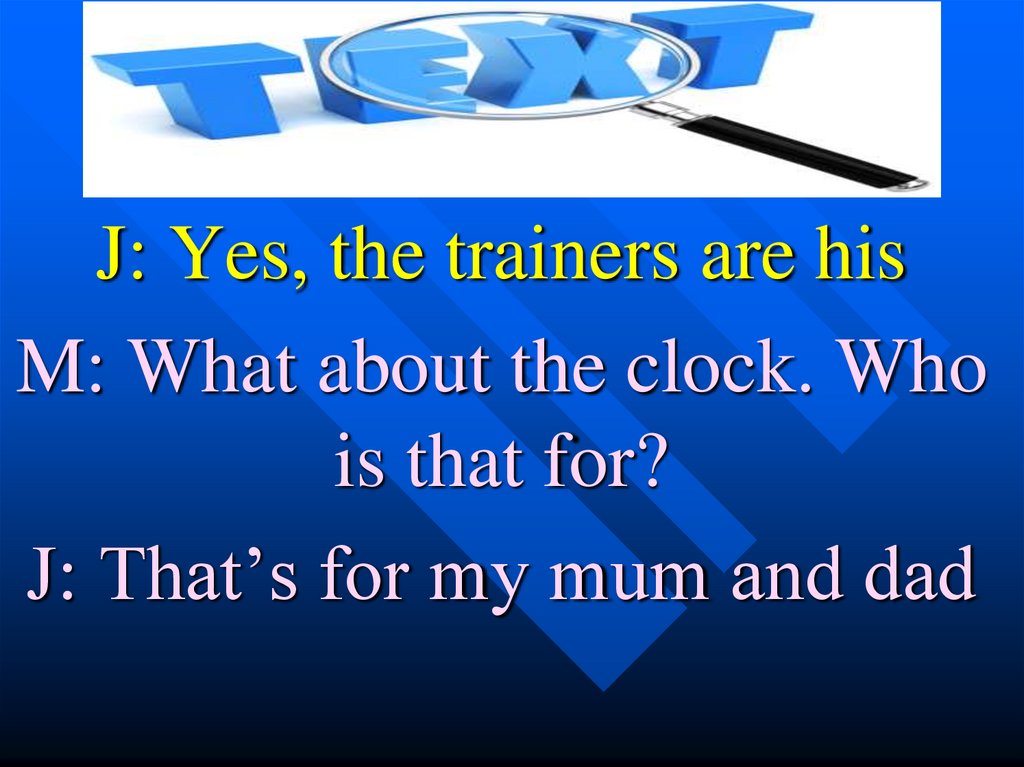
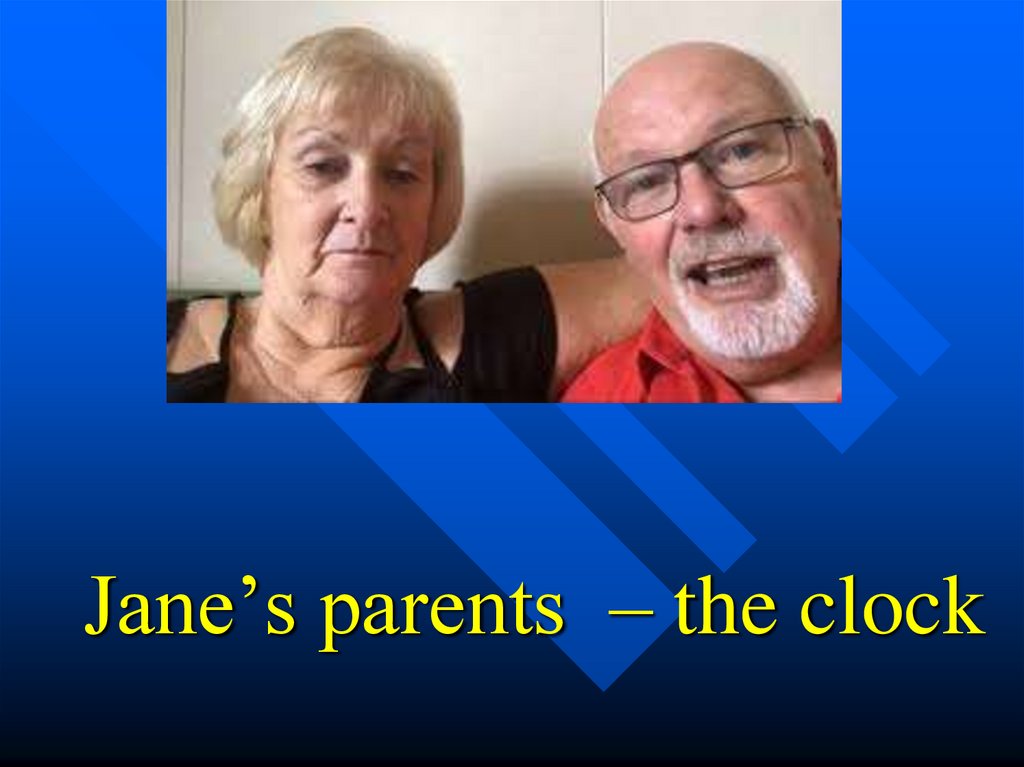

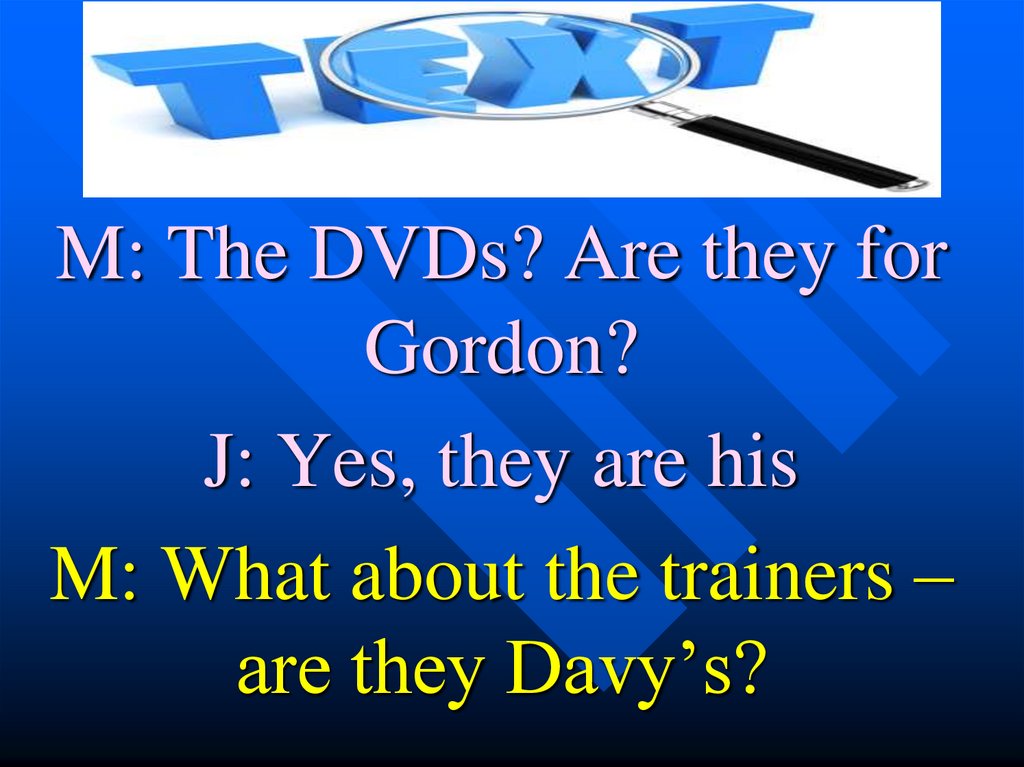




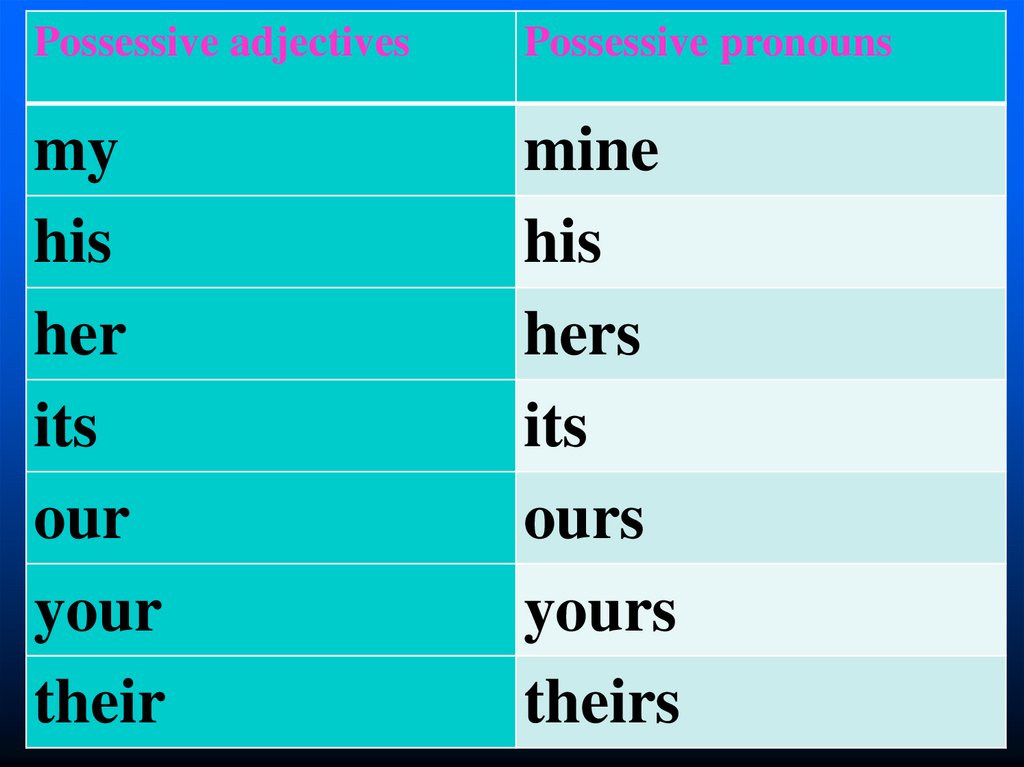

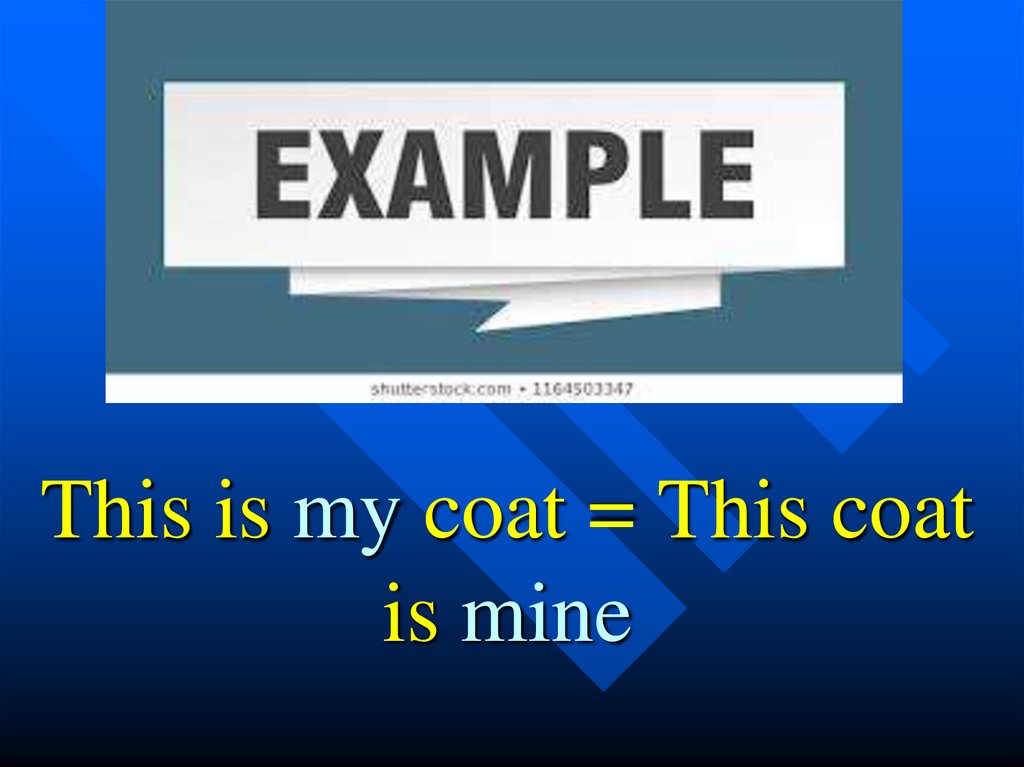
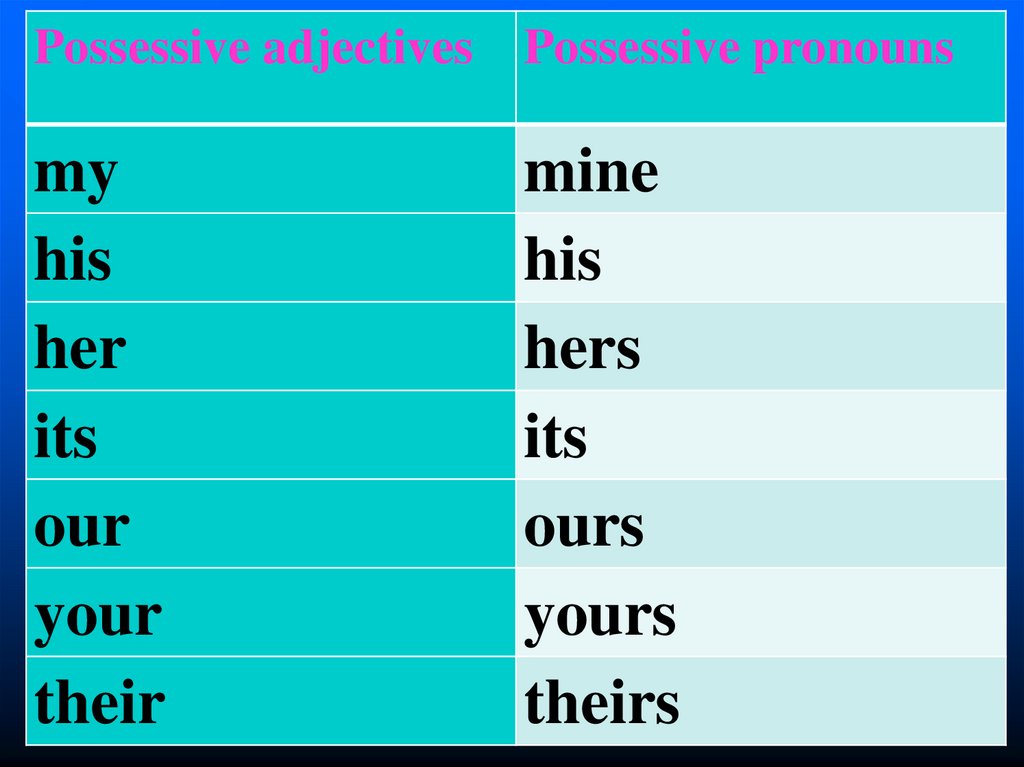


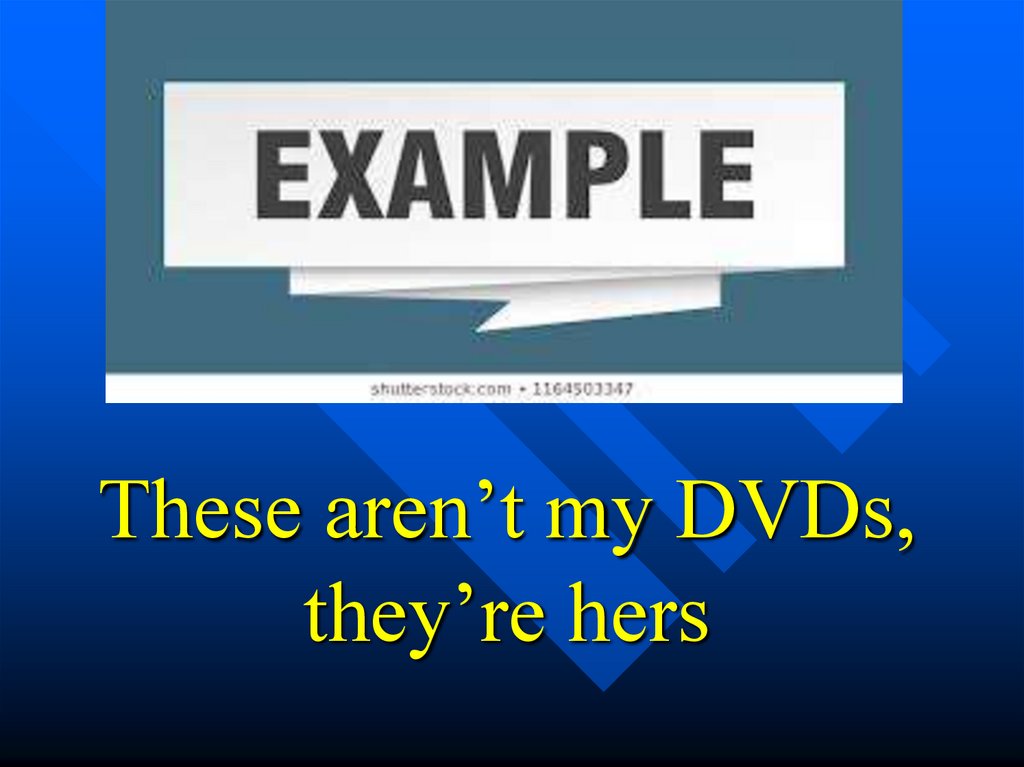
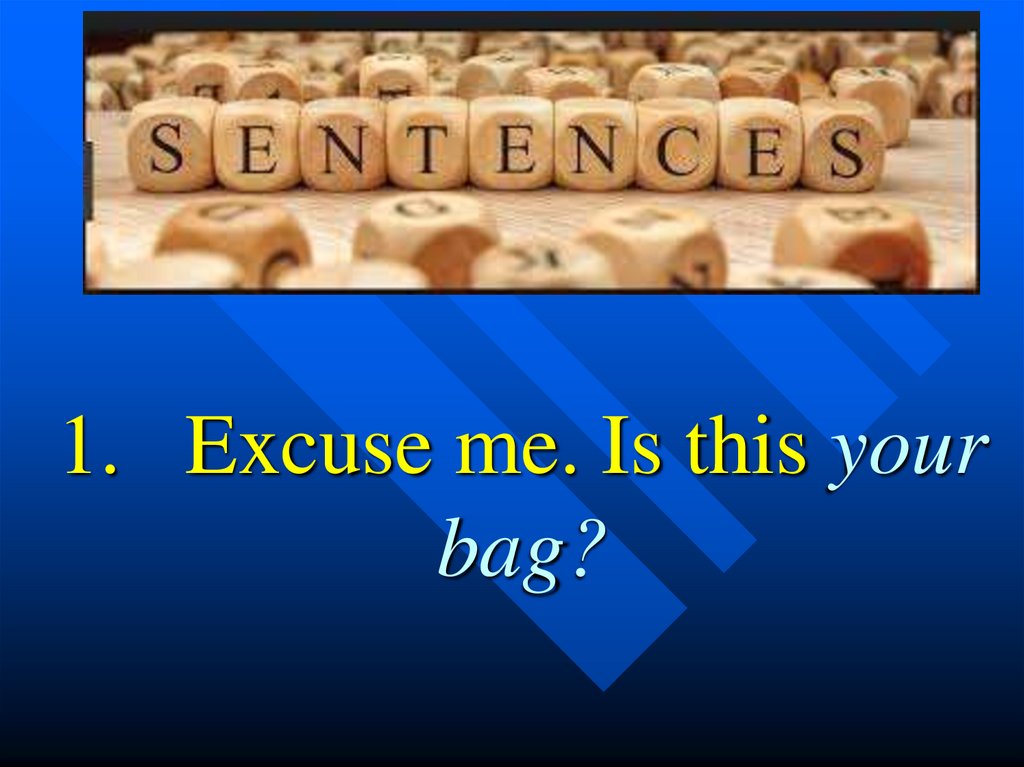
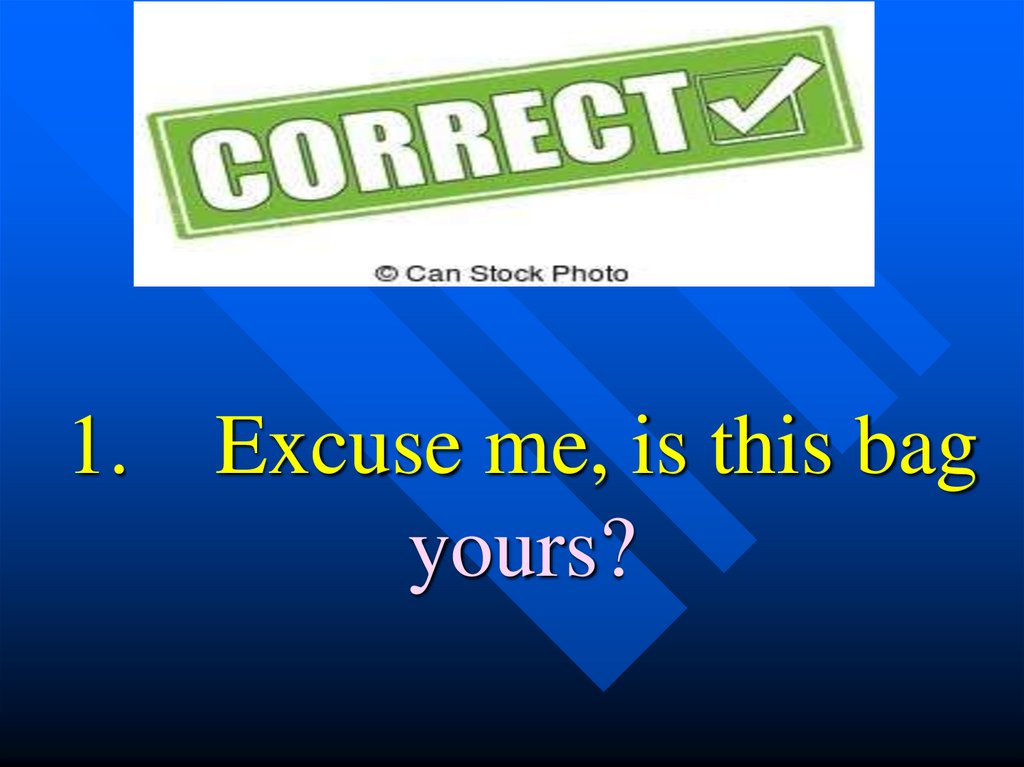


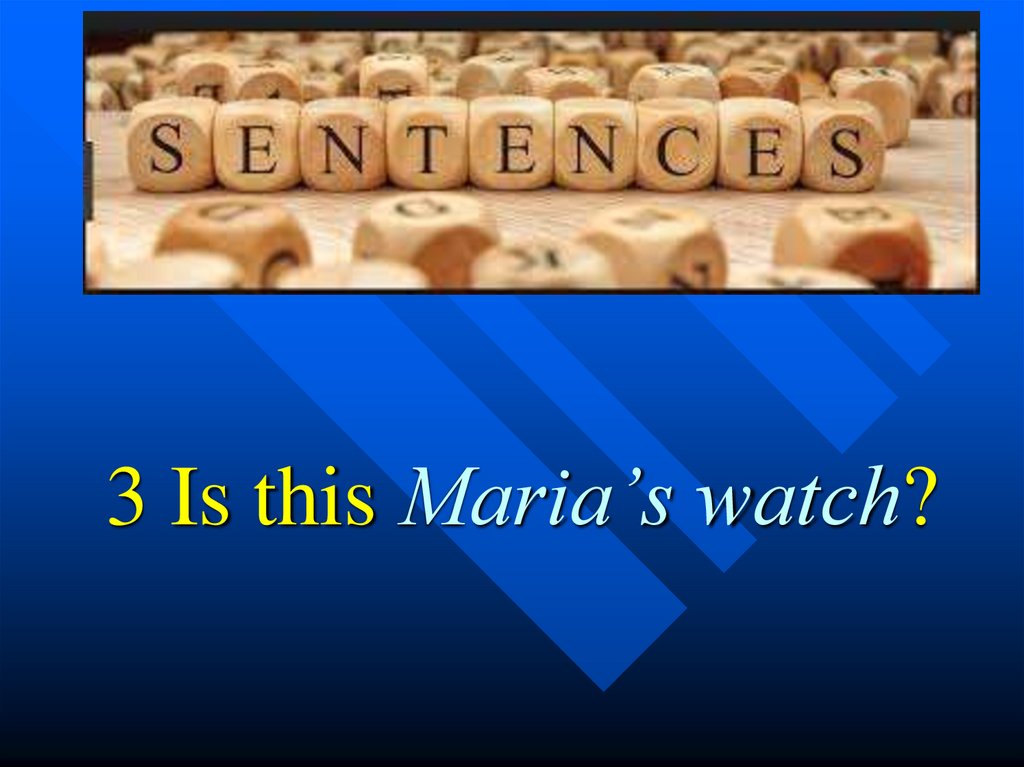

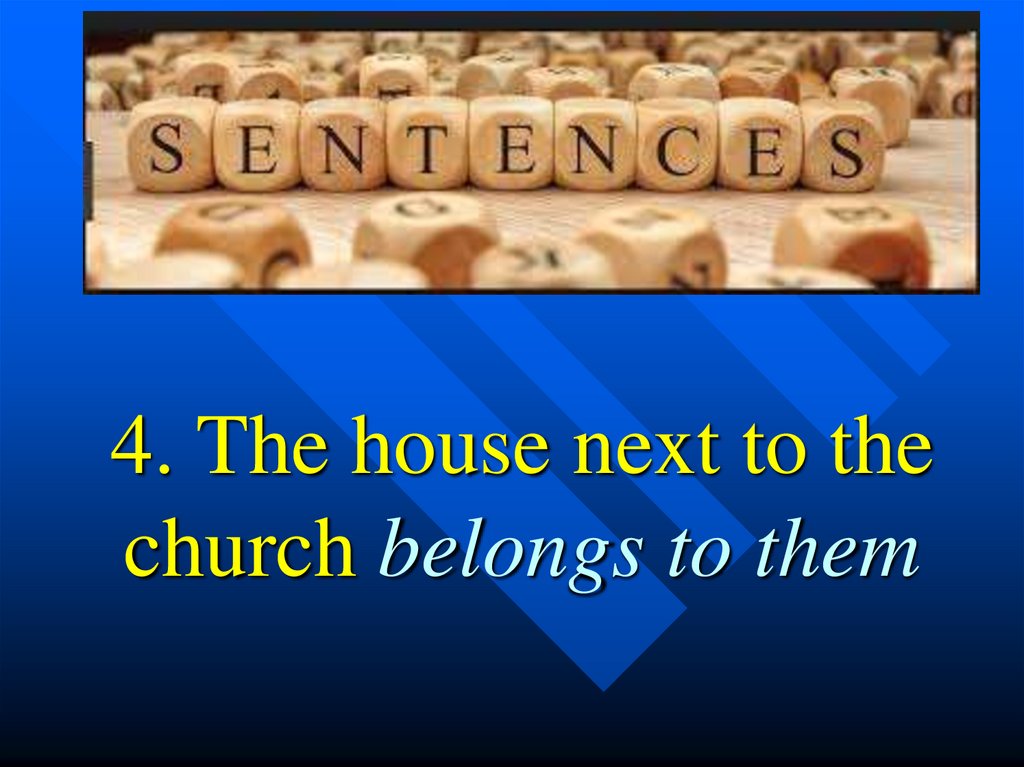

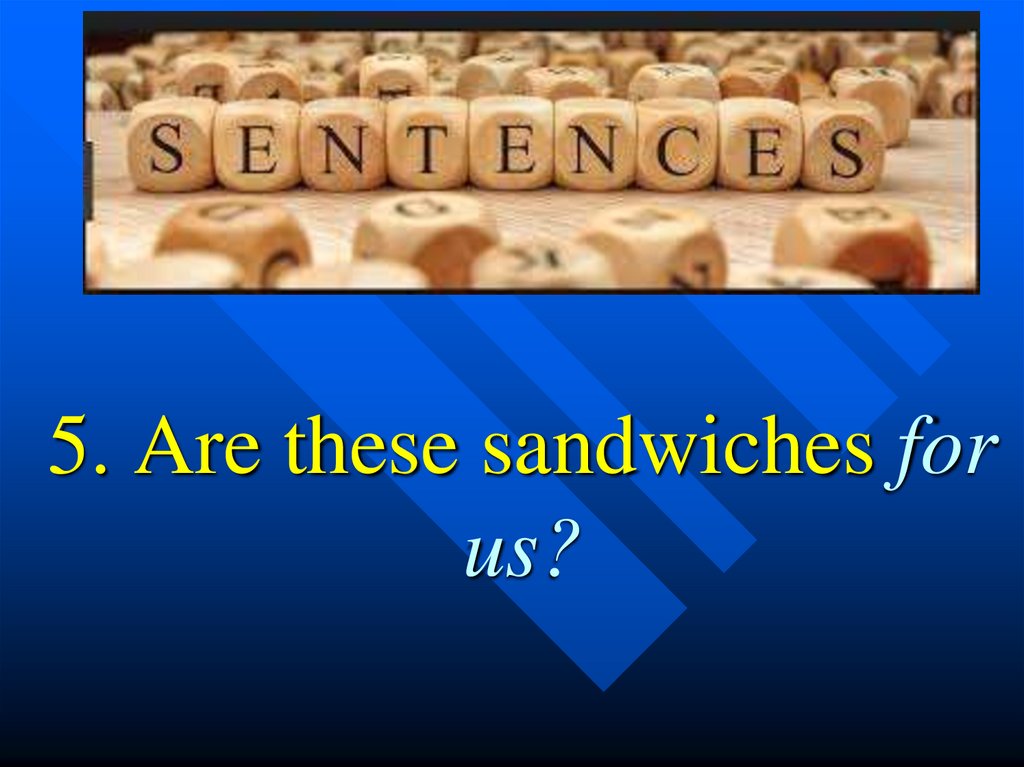

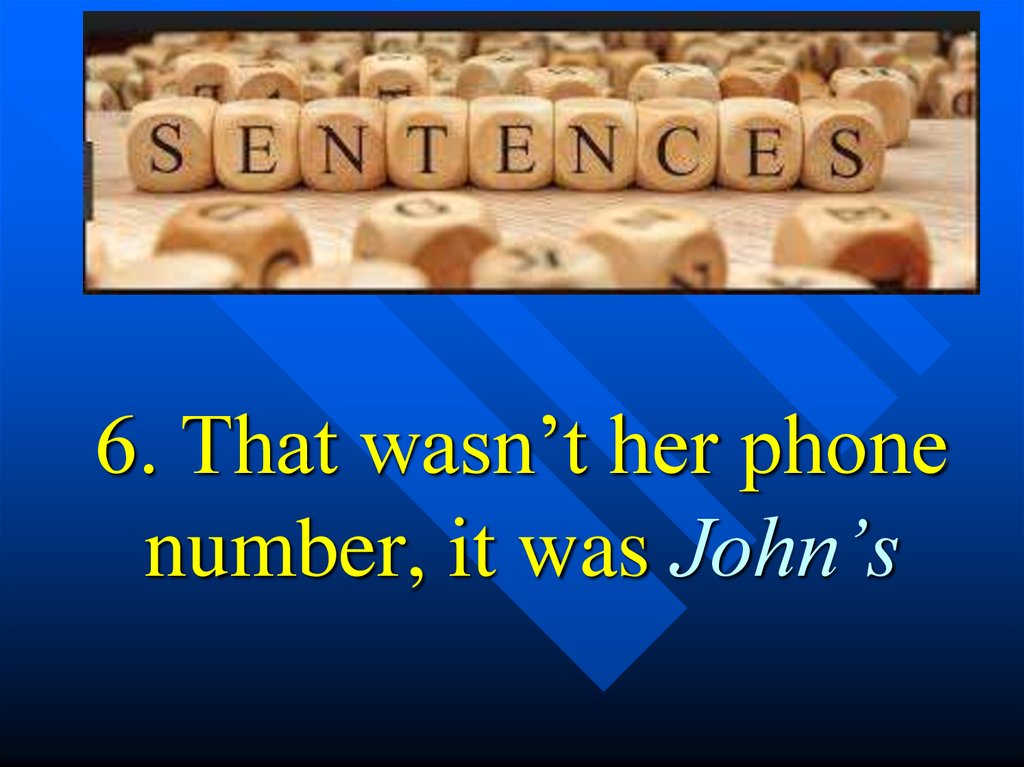
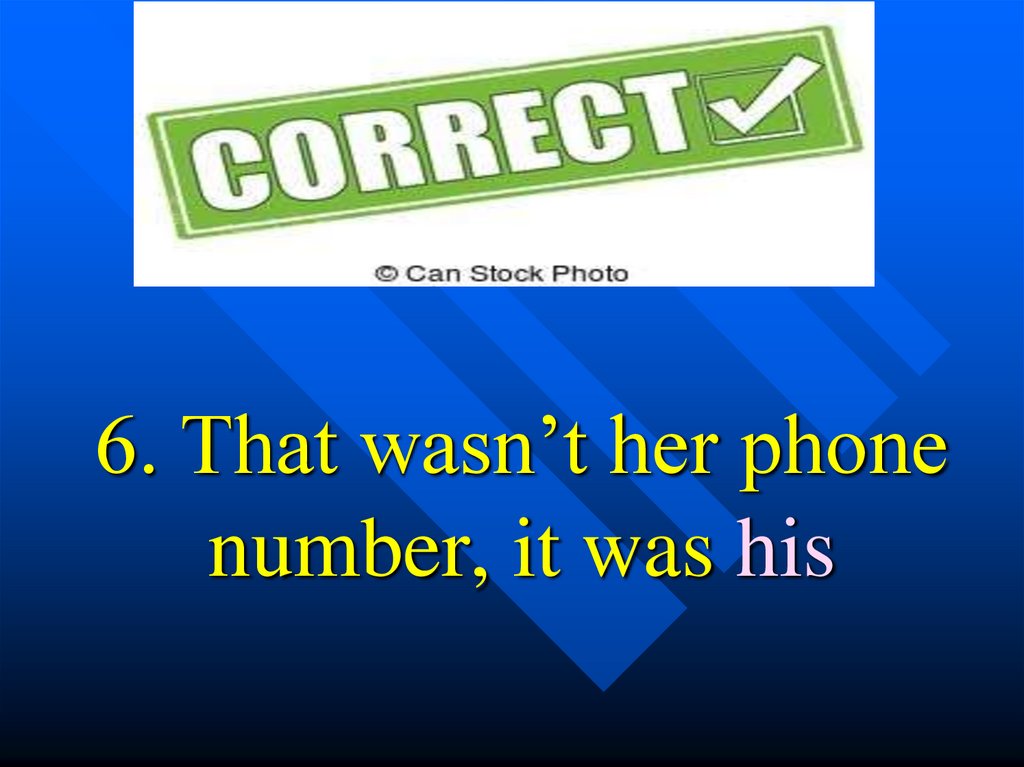
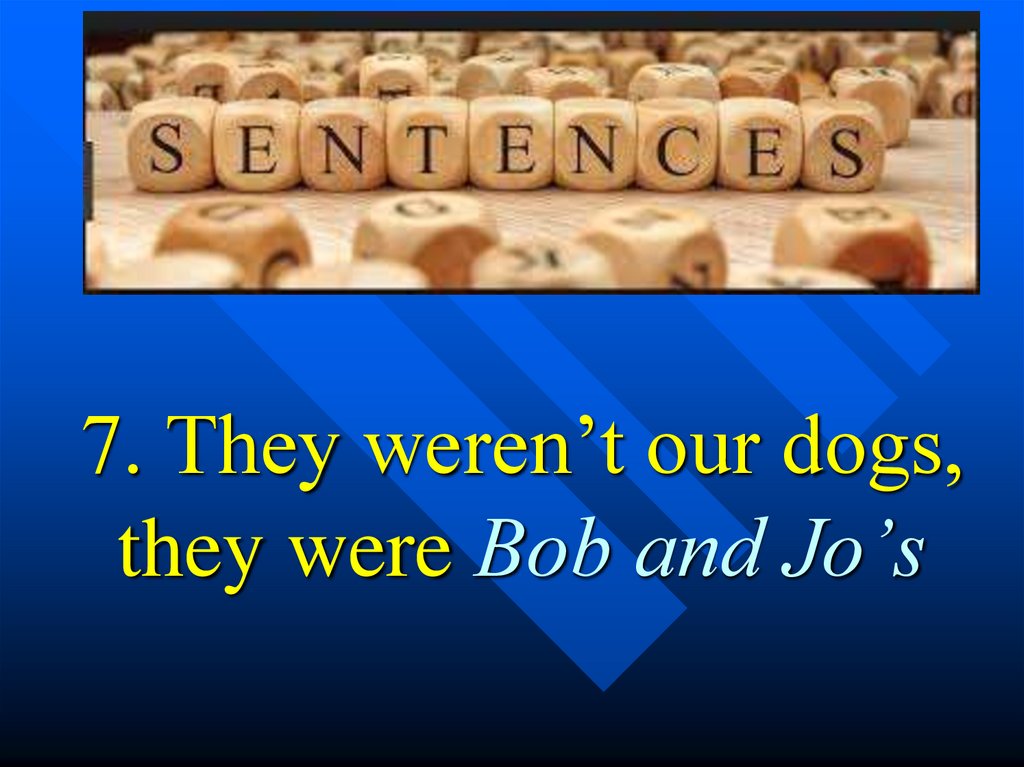

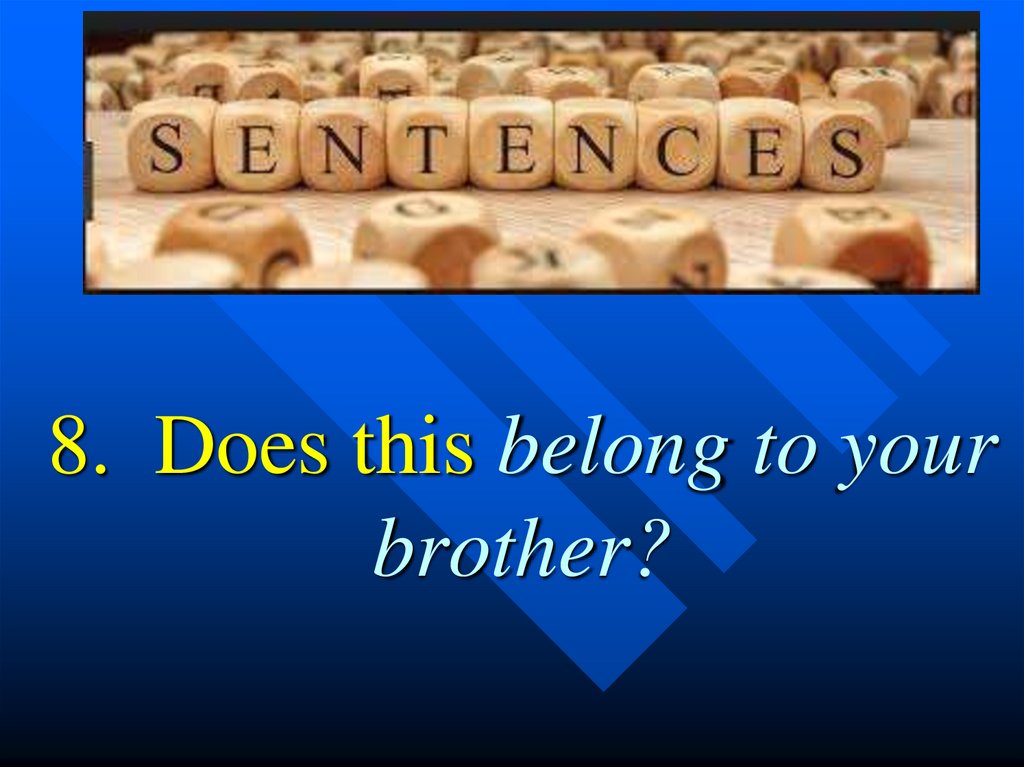
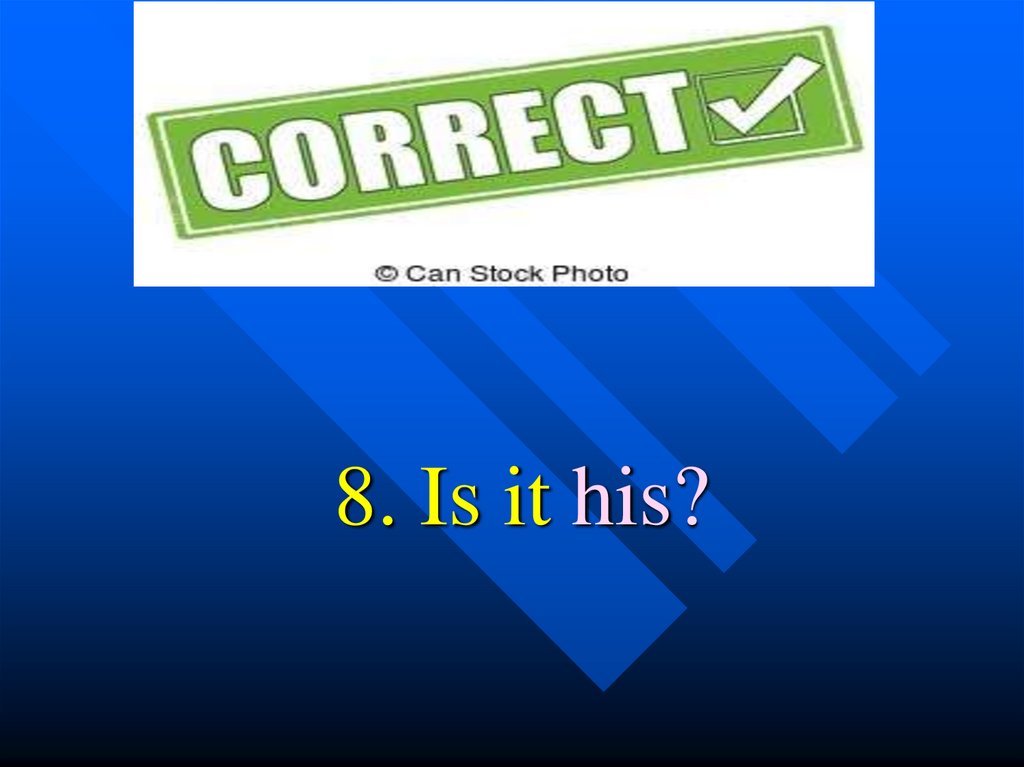


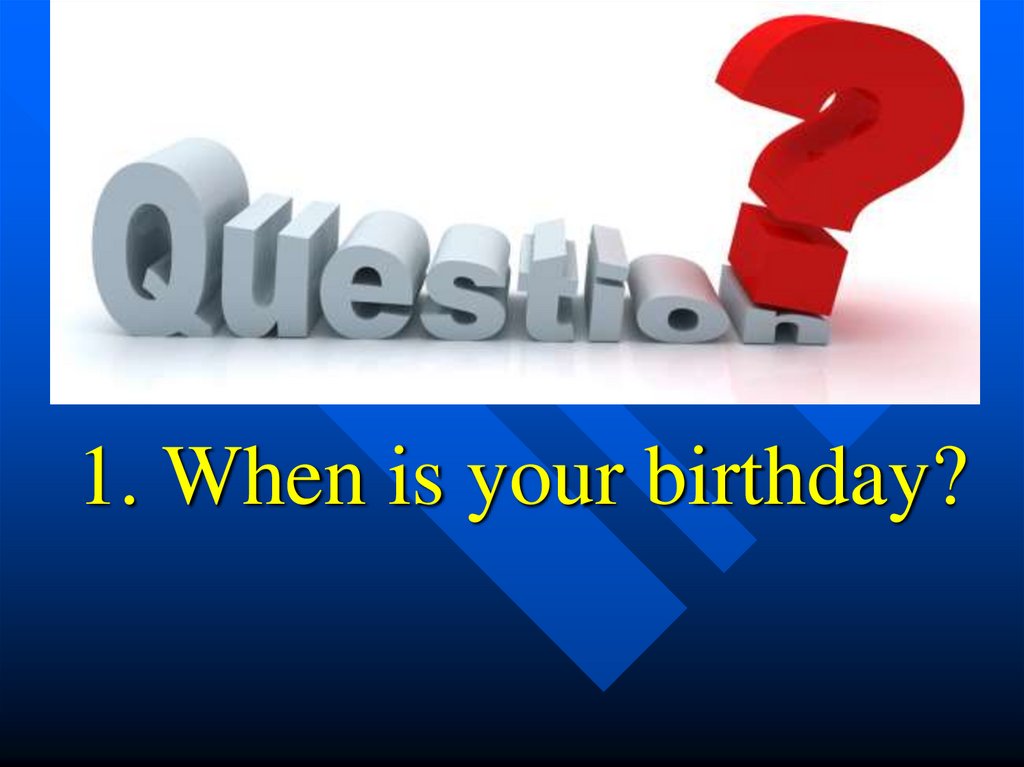
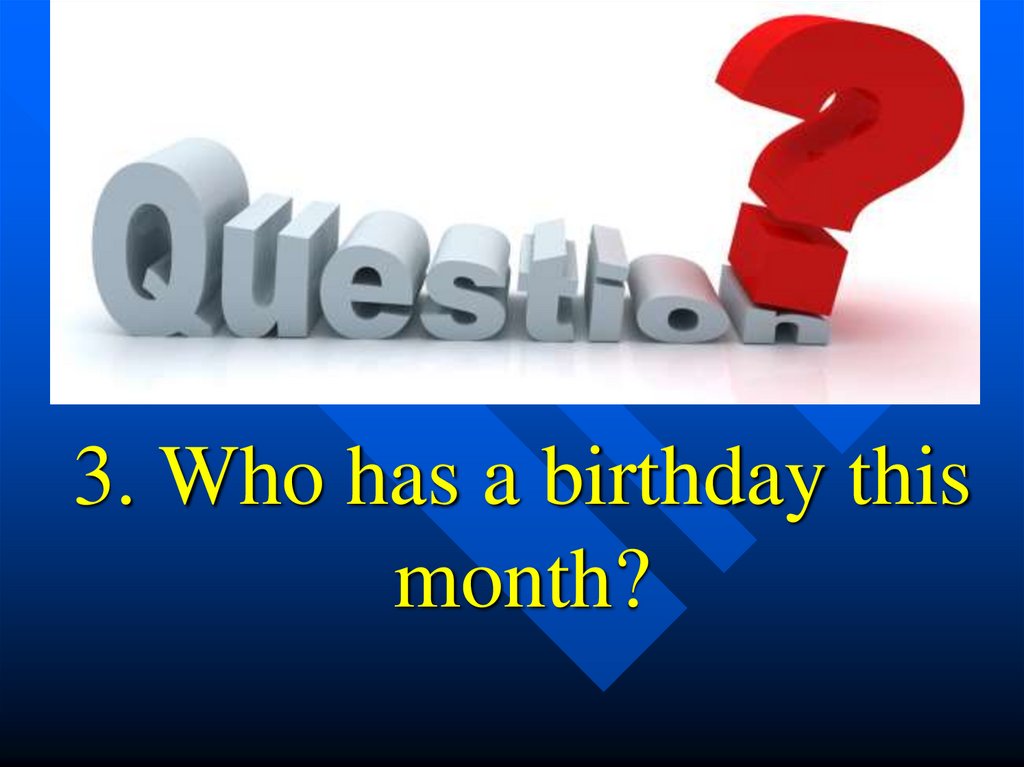
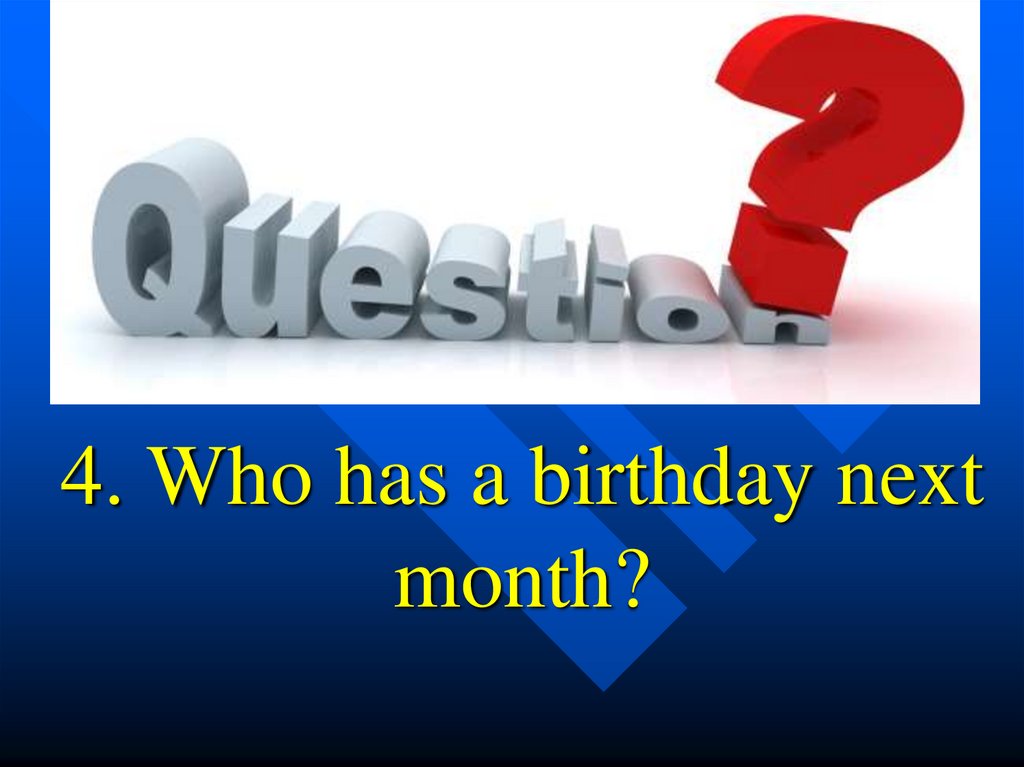
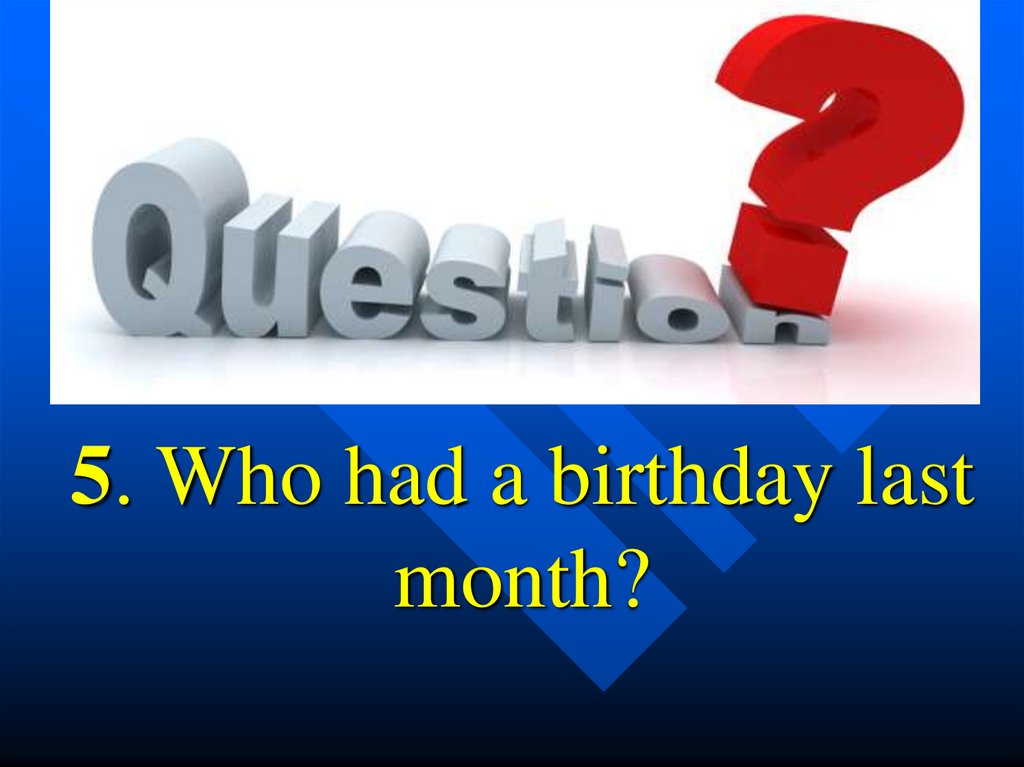
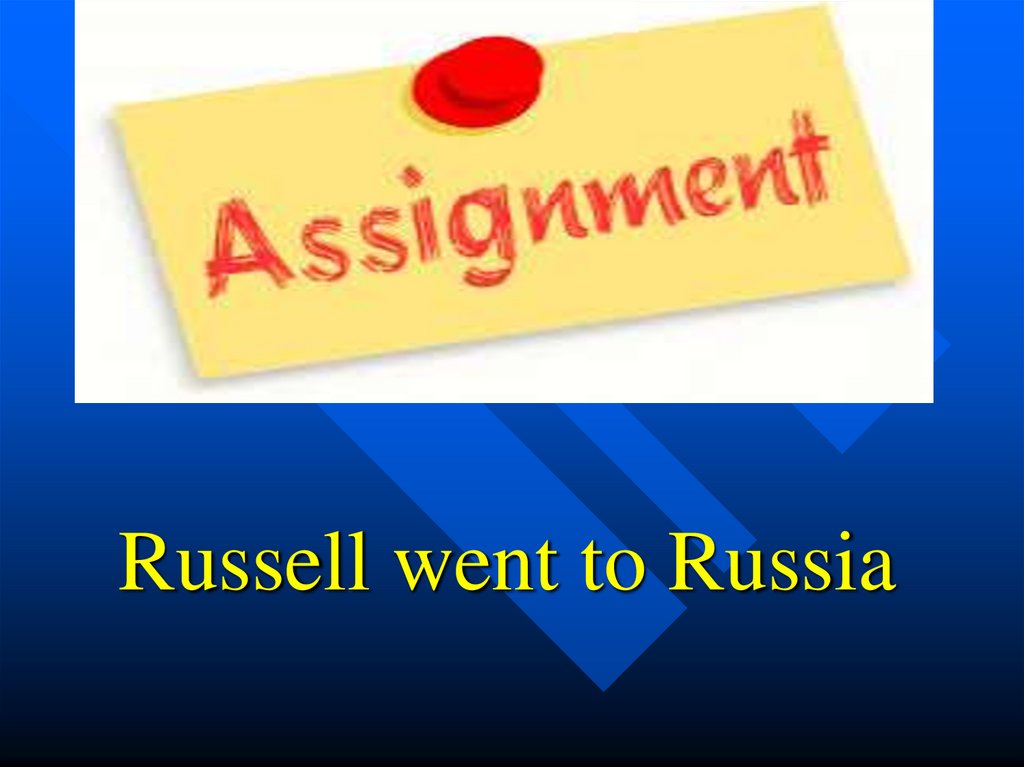

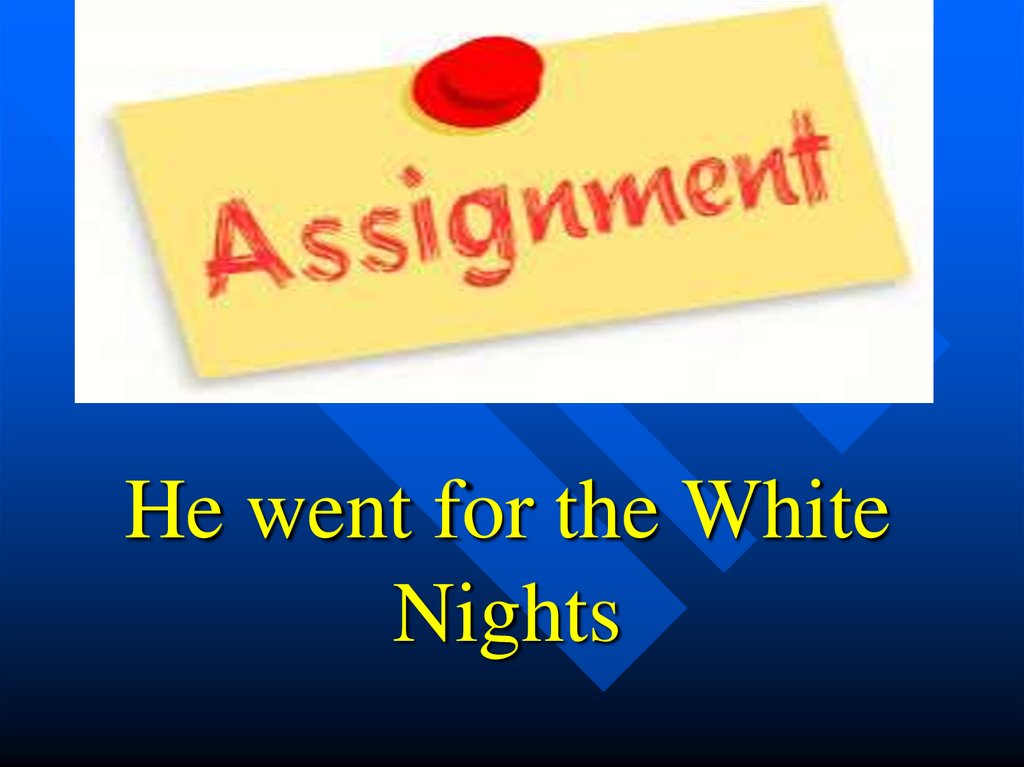



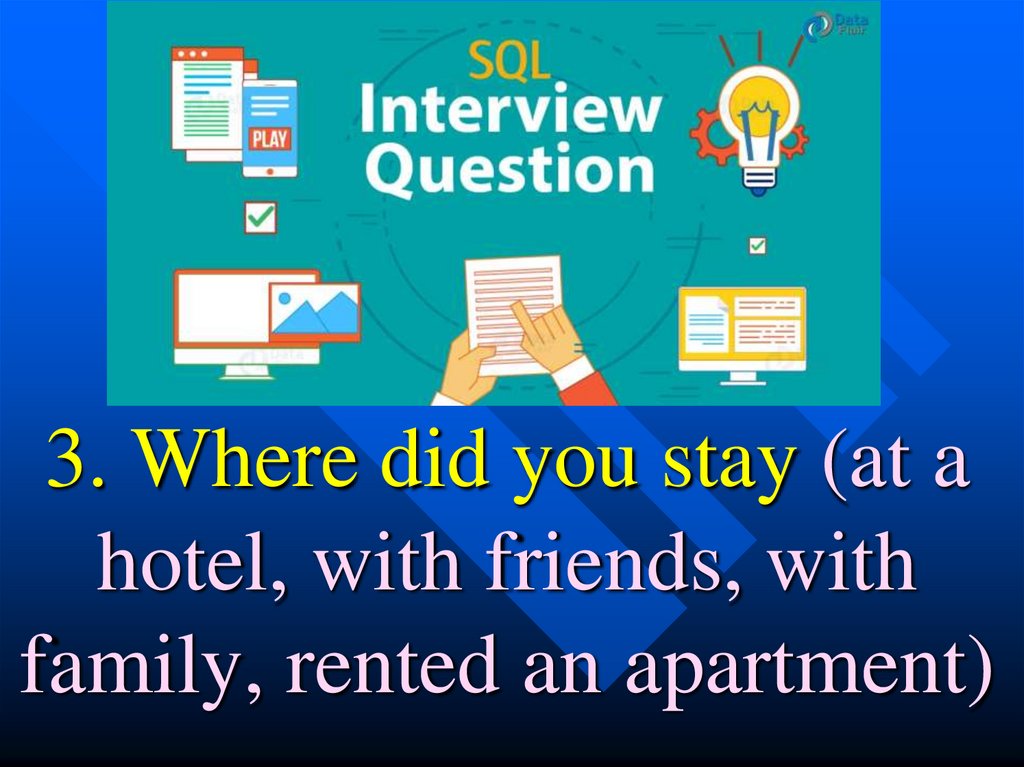
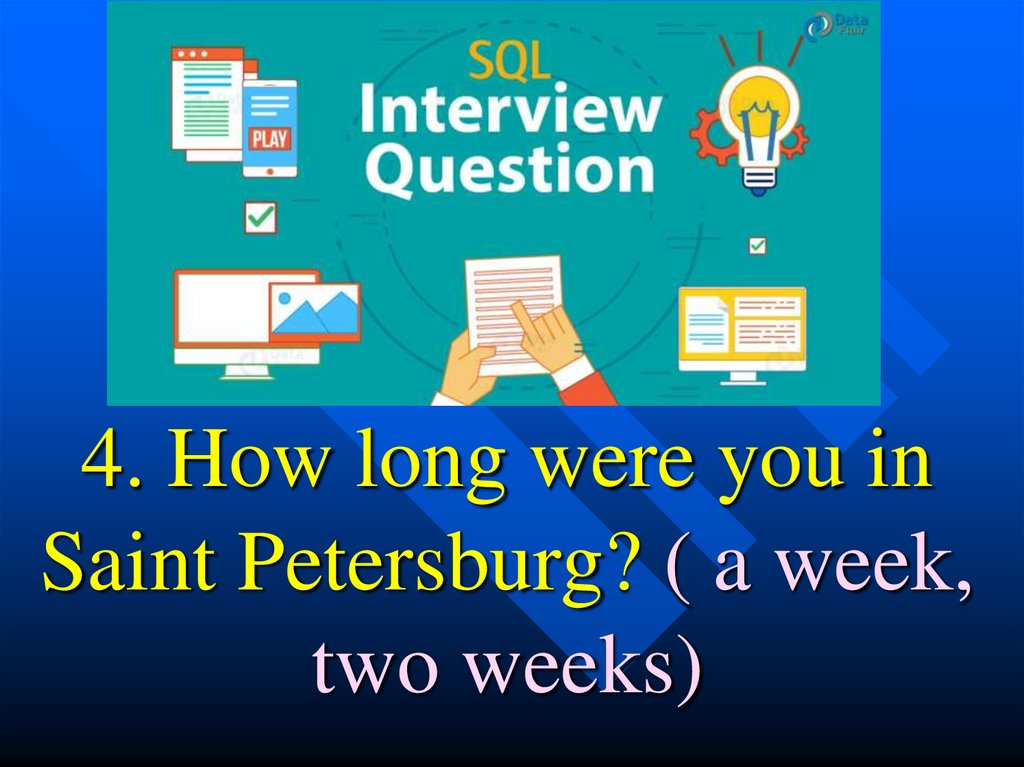




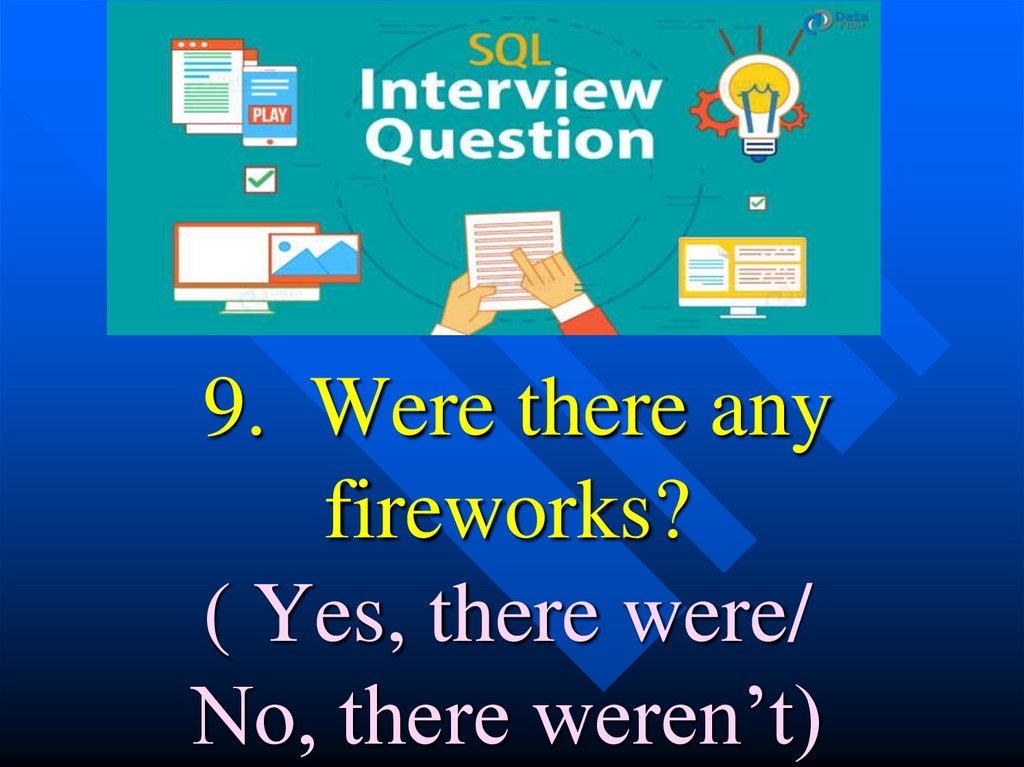
![10. Was it light all through [θru] the night? ( Yes, it was/ No, it wasn’t) 10. Was it light all through [θru] the night? ( Yes, it was/ No, it wasn’t)](https://cf4.ppt-online.org/files4/slide/h/H0OXg7hmWvI2sfuYFyDUTPL1lwnoBM6eSxEkb8/slide-217.jpg)

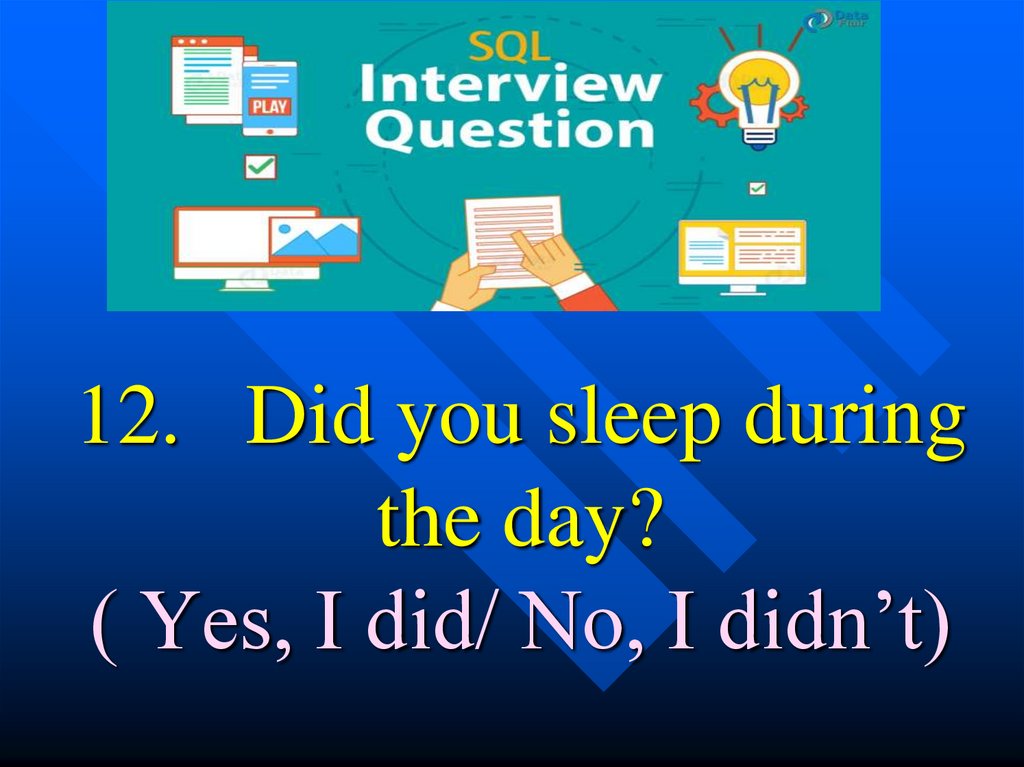


 Английский язык
Английский язык








